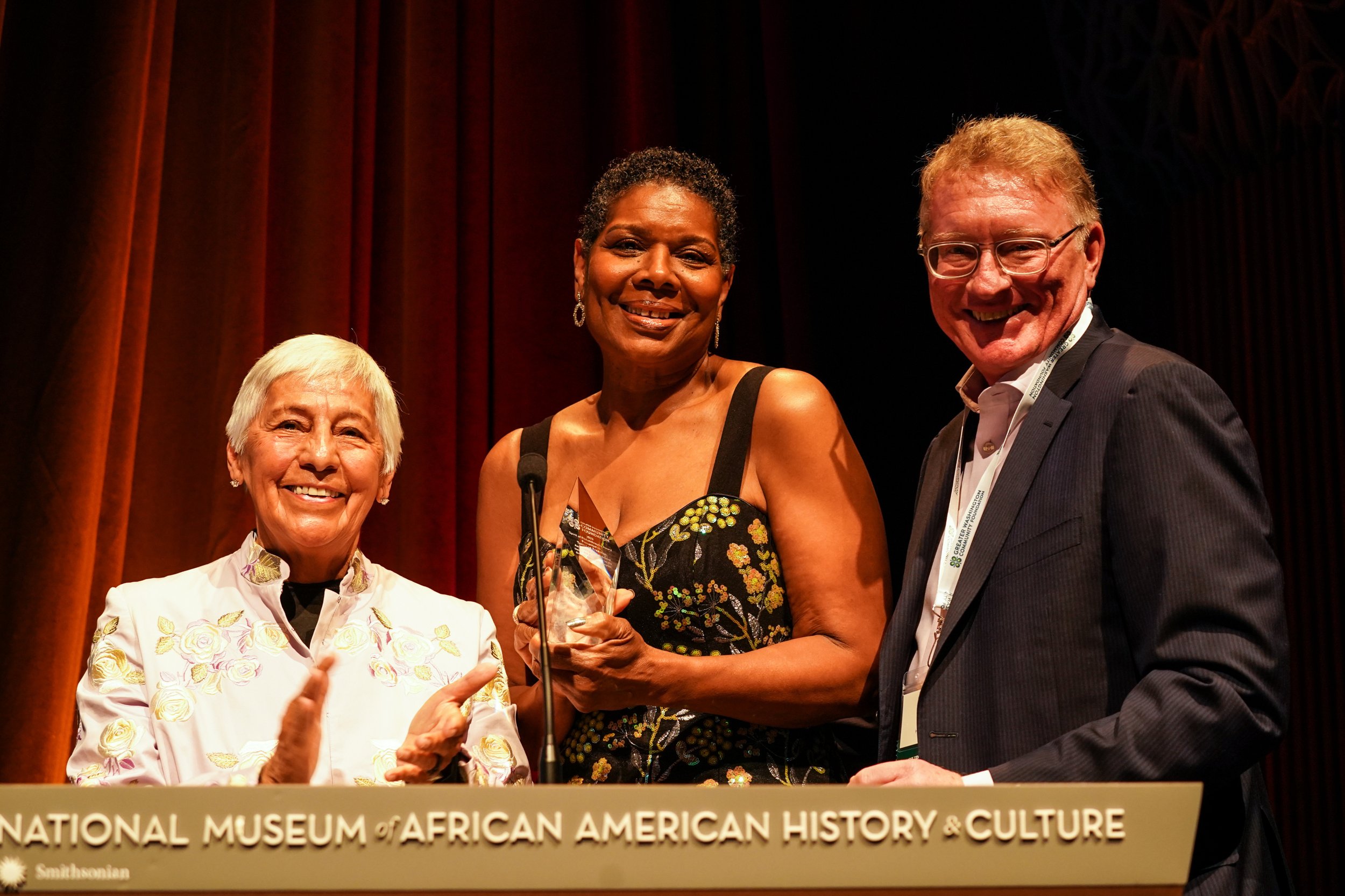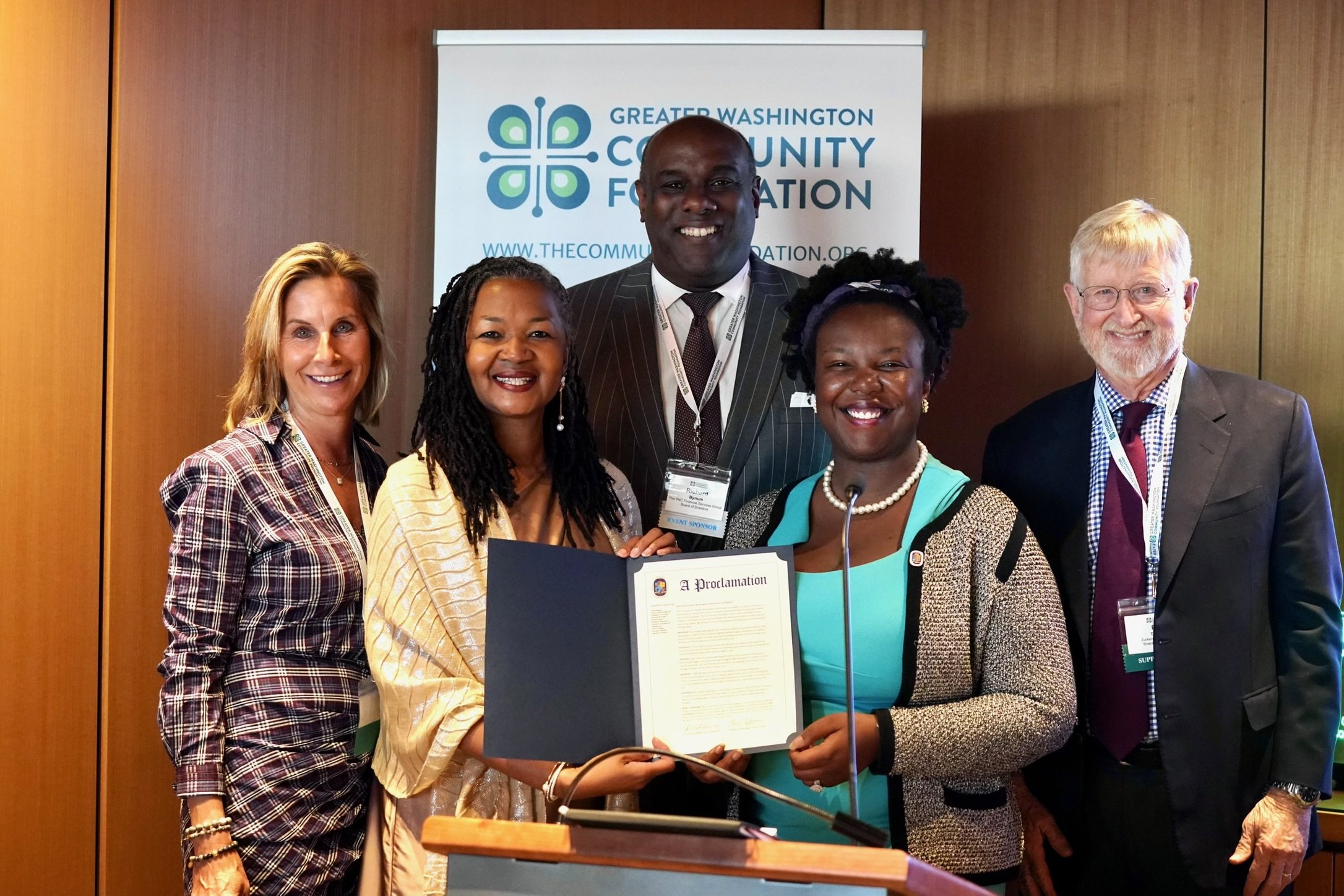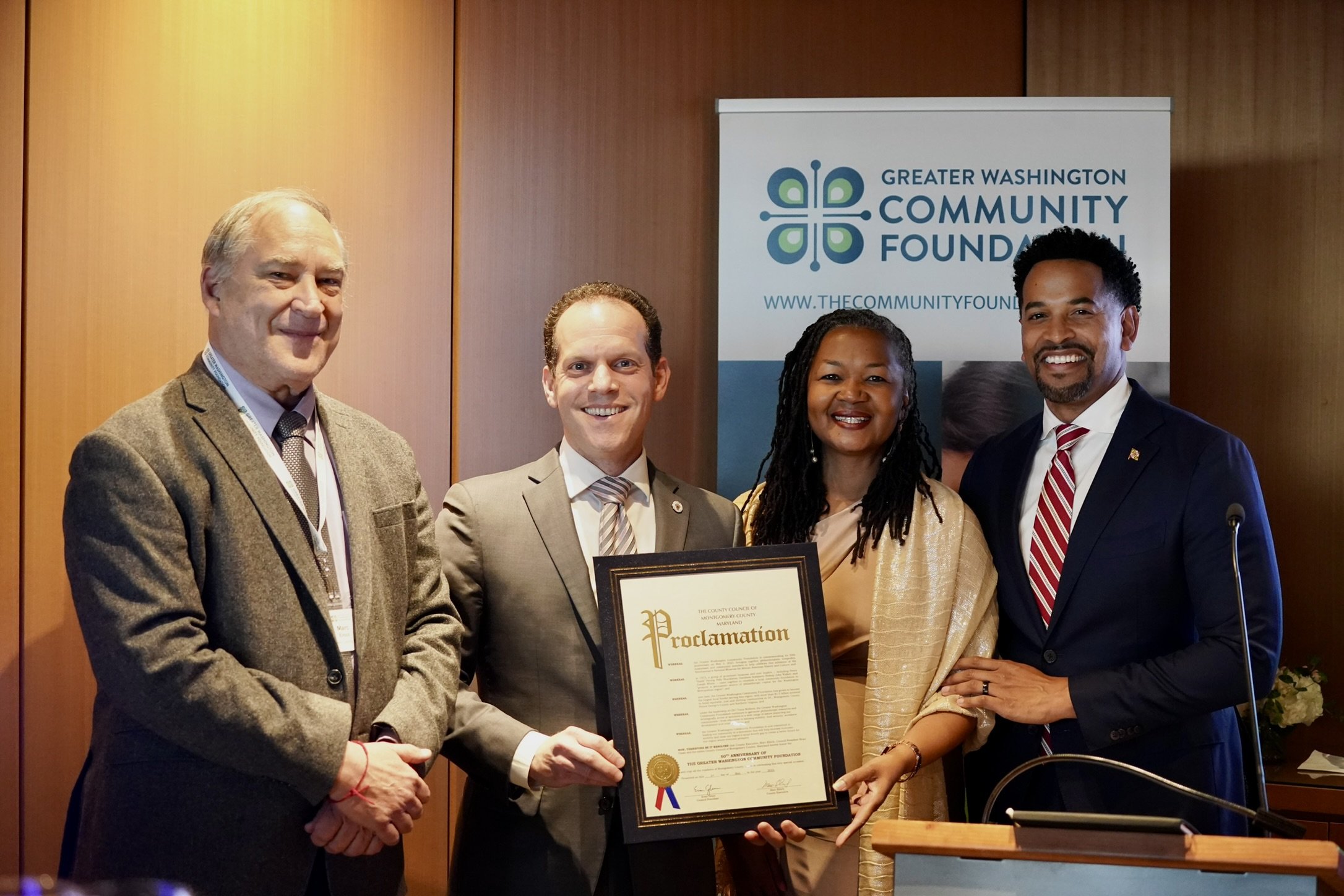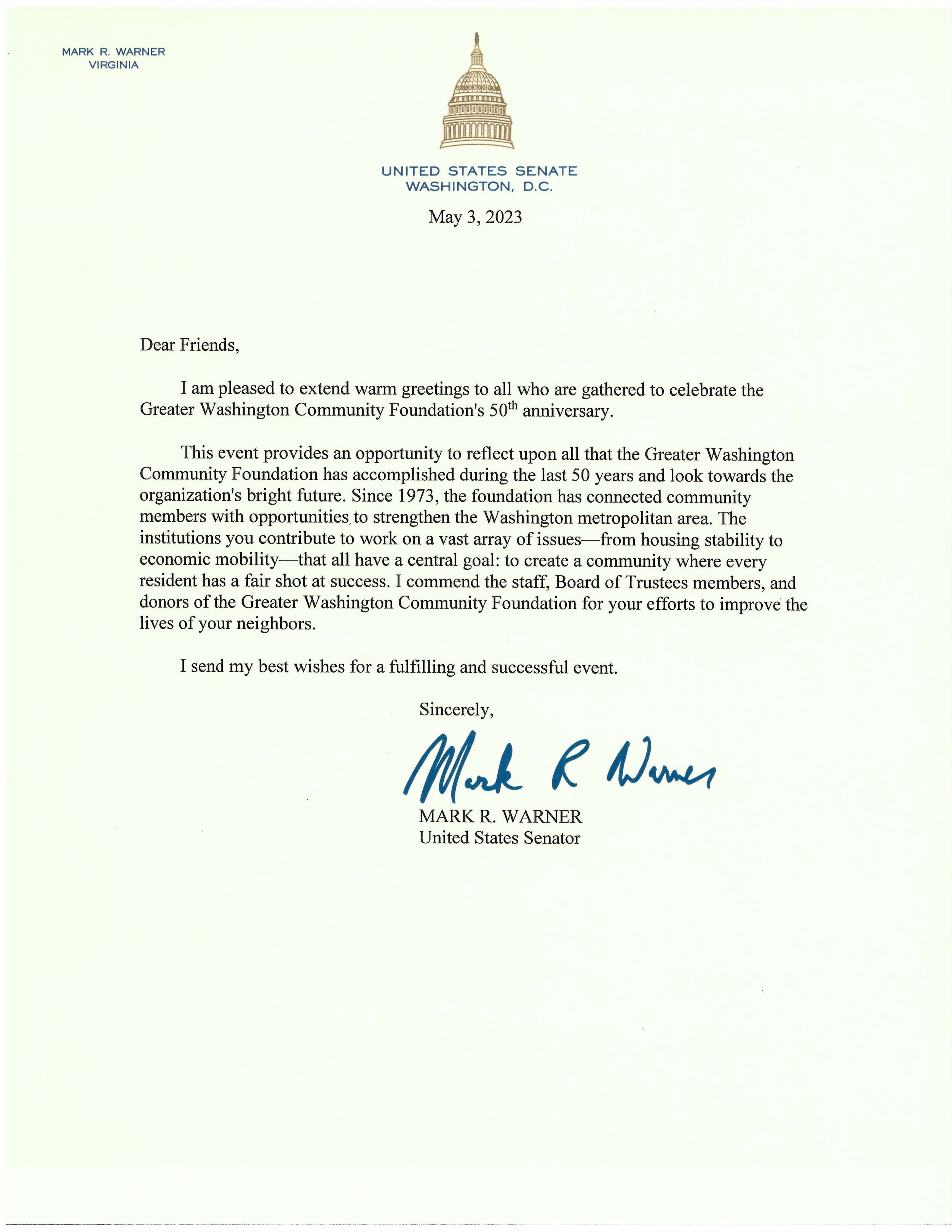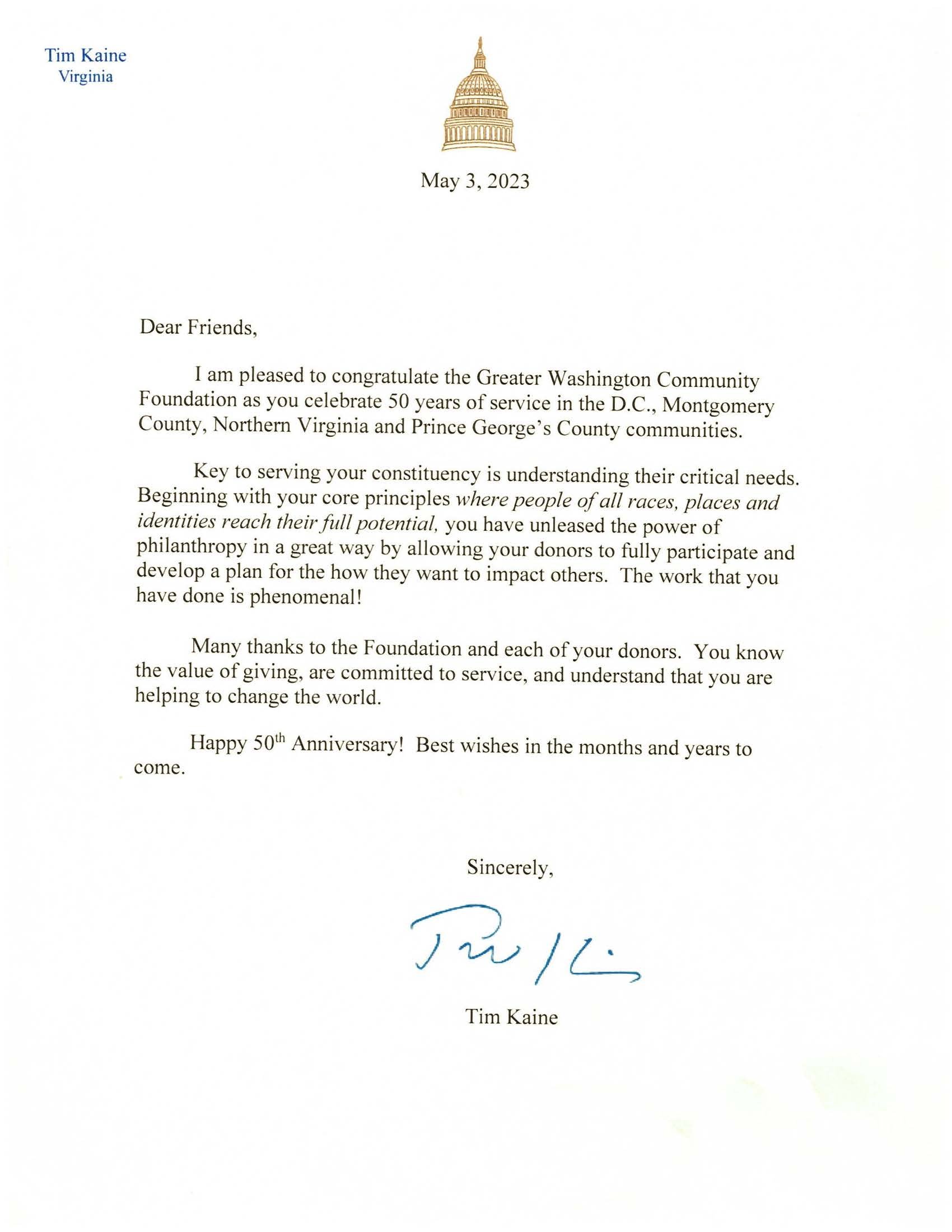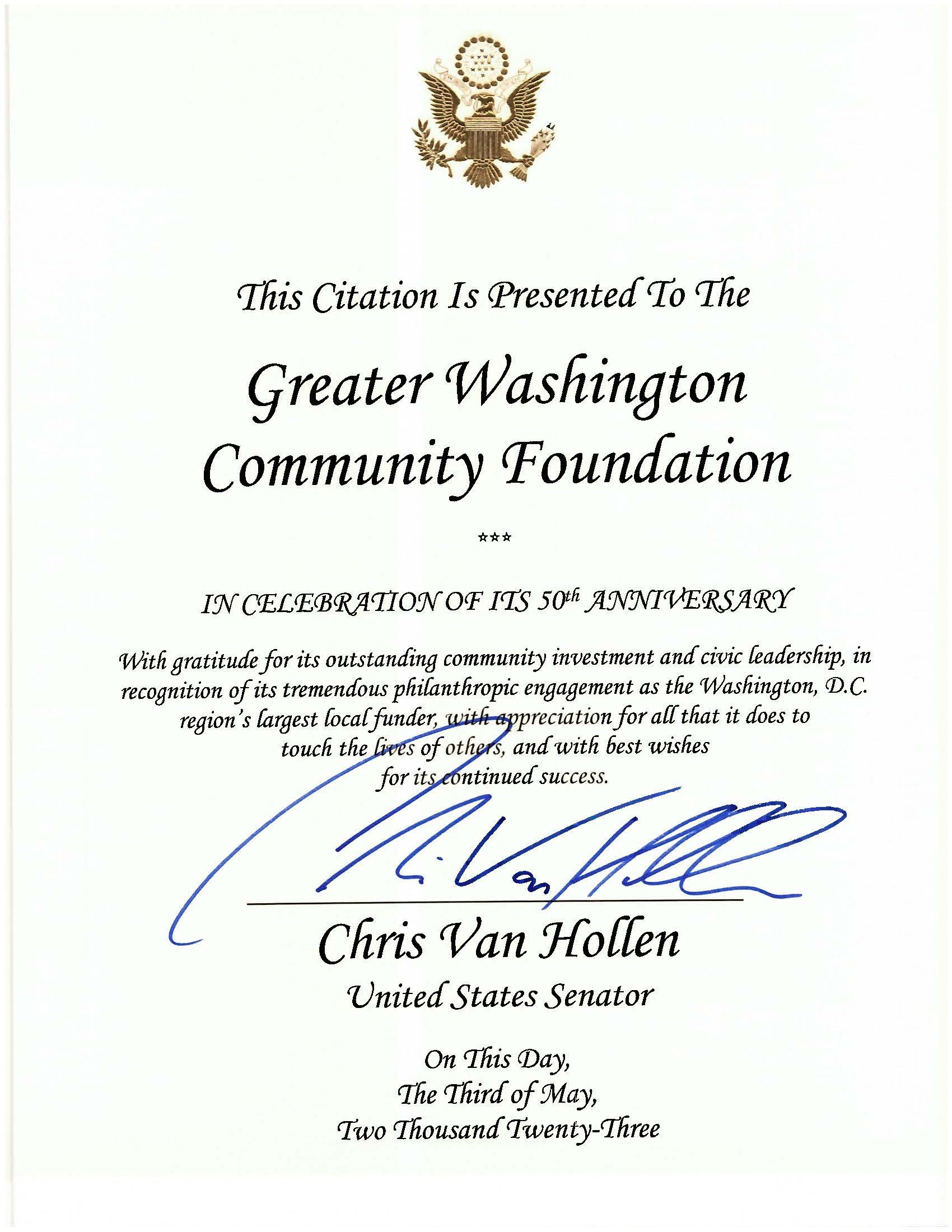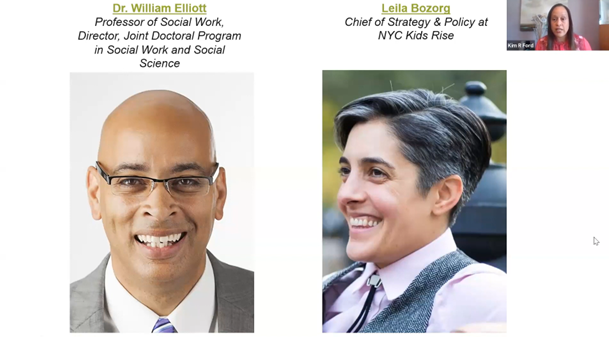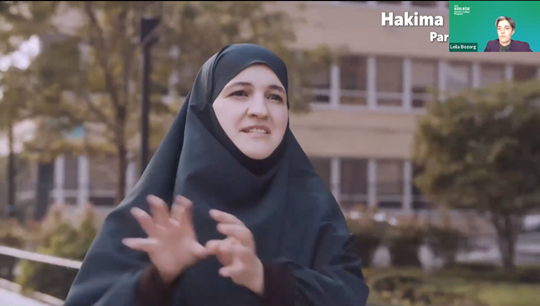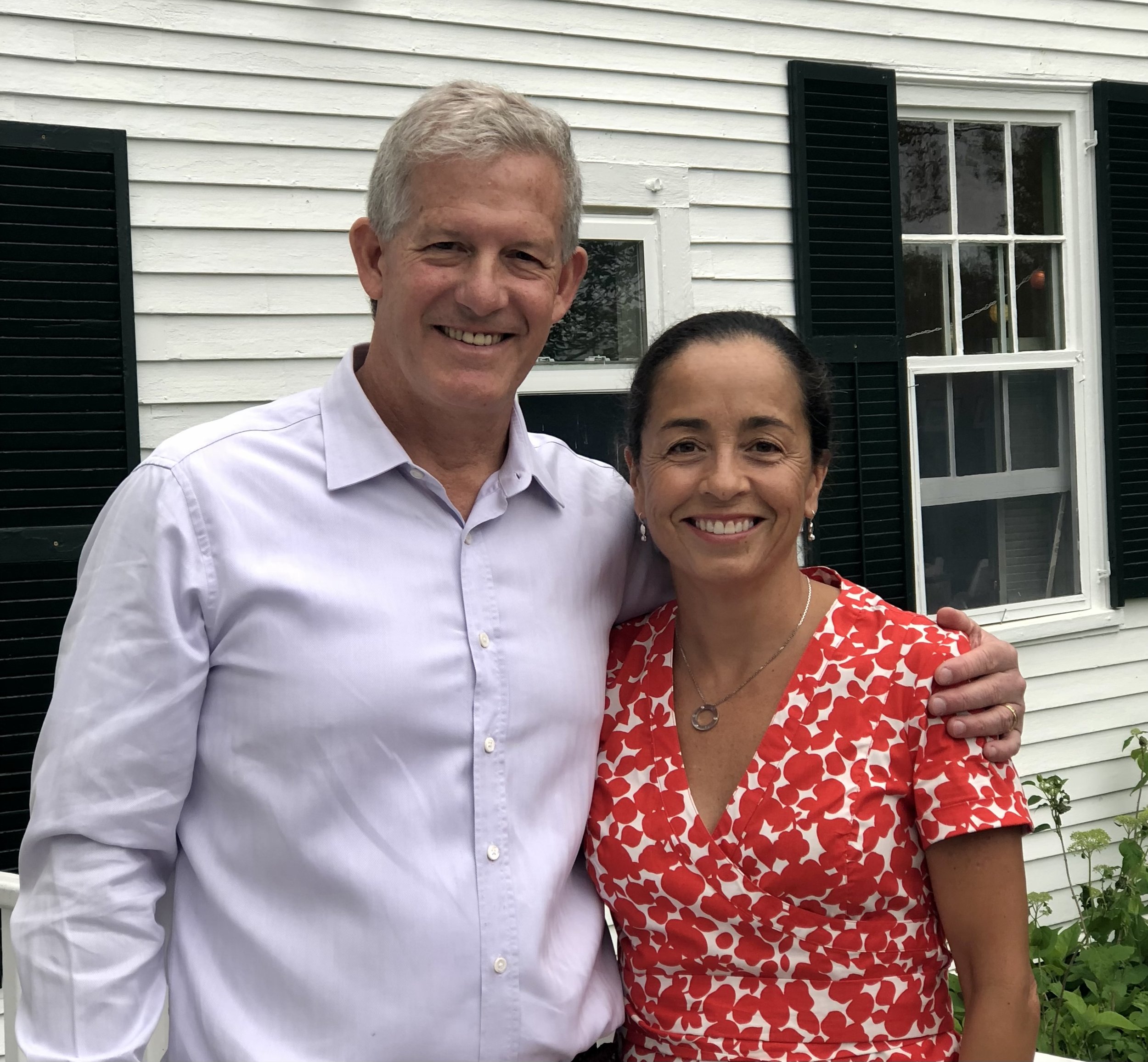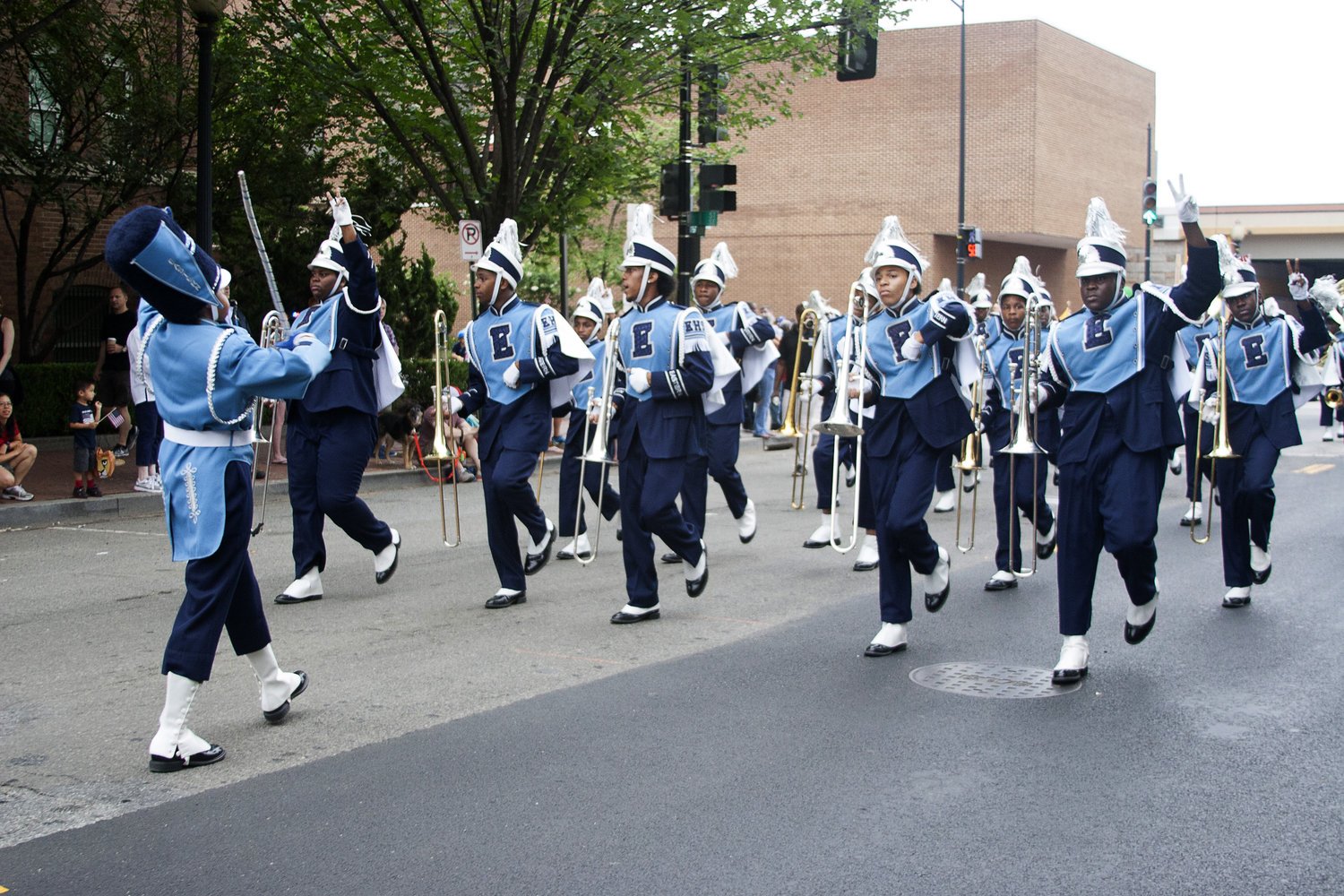Terri Lee Freeman is presented with the 2023 Spirit of Philanthropy Award. The award was presented by Charito Kruvant and Kenny Emson, who served as 50th Anniversary Co-Chairs for the event.
On May 3rd, The Community Foundation hosted the 50th Anniversary Celebration of Philanthropy — celebrating 50 Years of History, Hope, and Healing in the Greater Washington region.
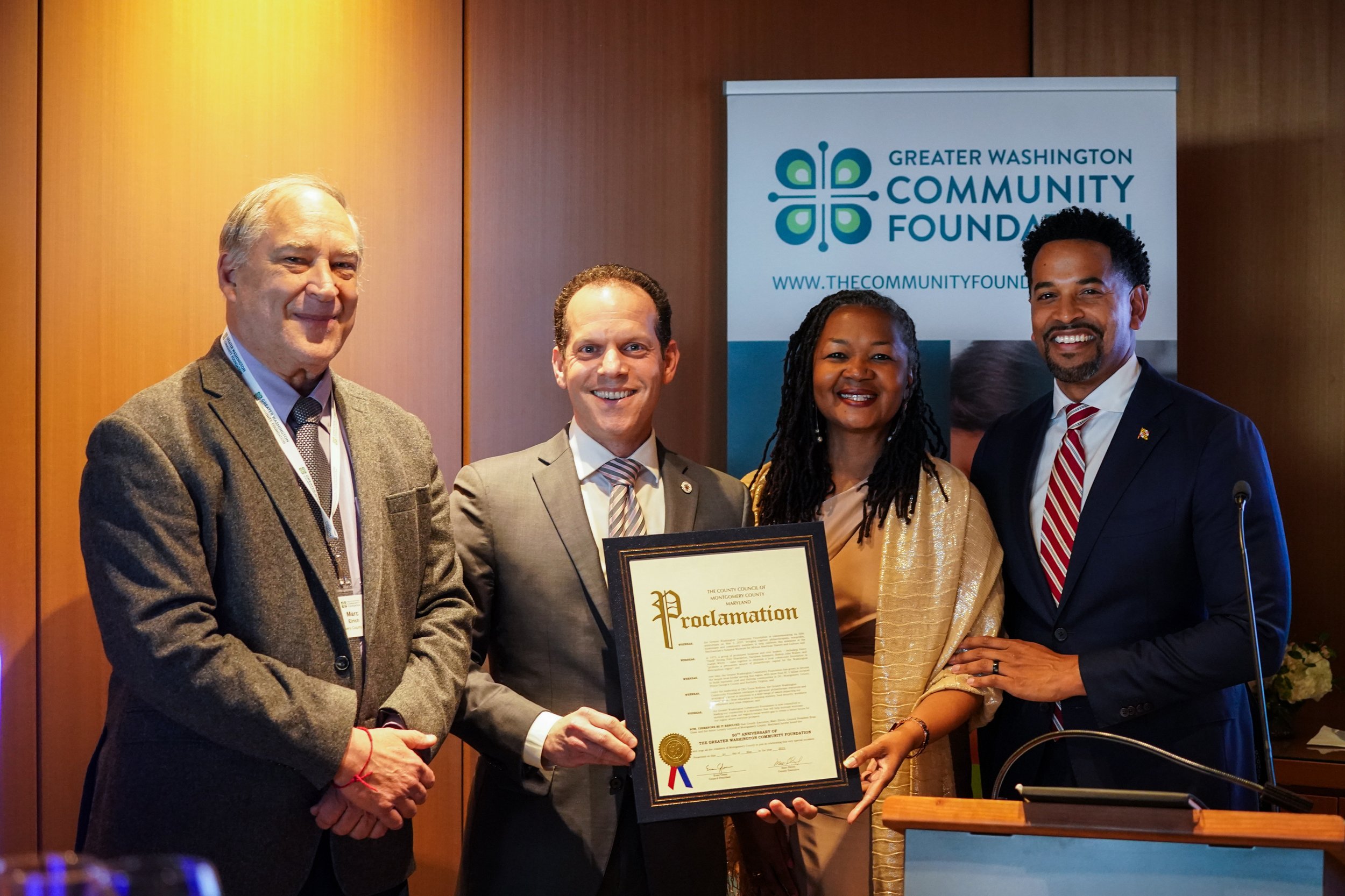
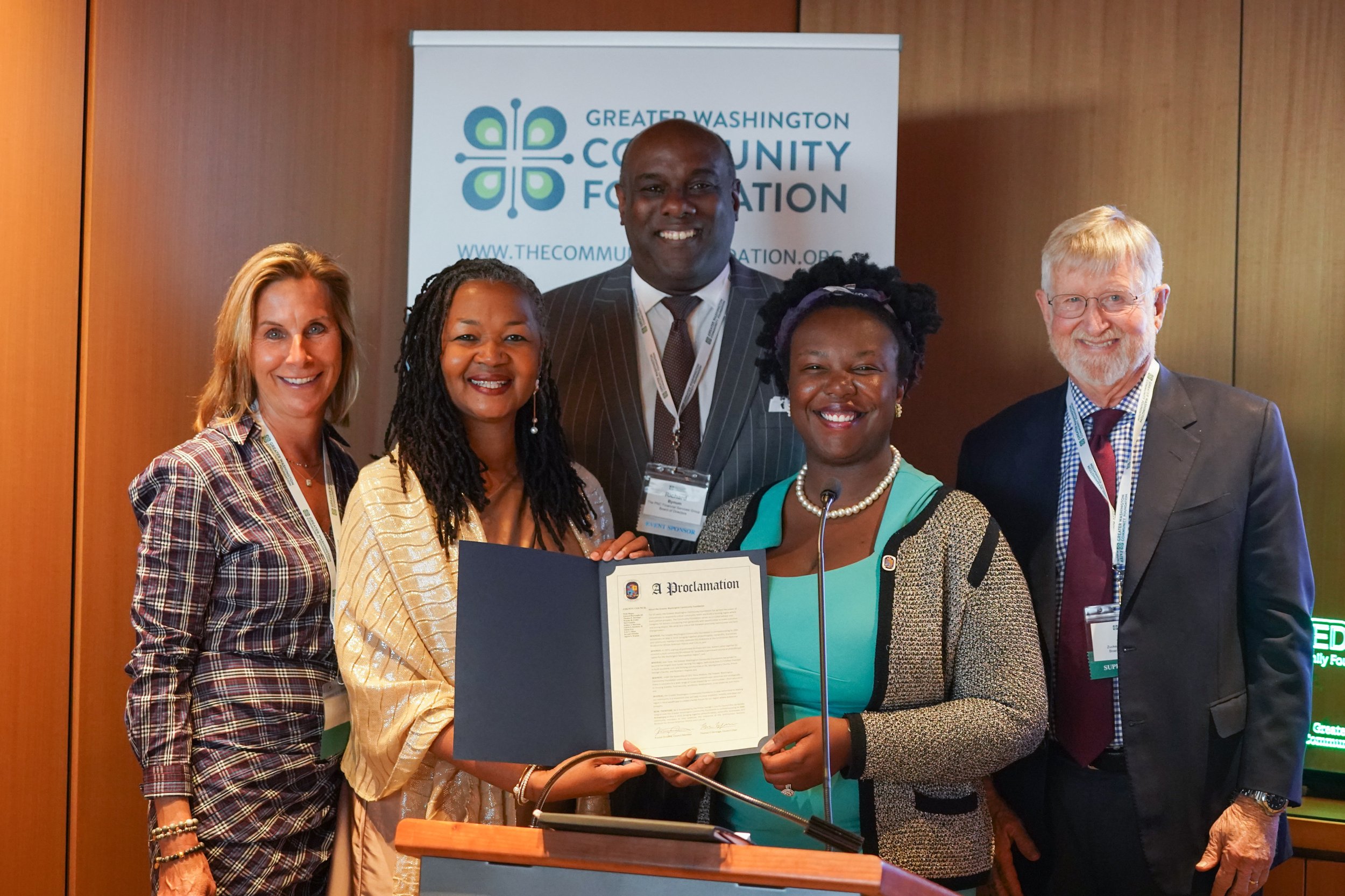
The evening began with a special VIP reception, where representatives from the Prince George’s County Government and Montgomery County Government presented The Community Foundation with proclamations, honoring the organization’s legacy and commitment to the region. The Community Foundation was also honored by the recognition of elected officials from DC, Virginia and Maryland — including a special video message from MD-Rep. Jamie Raskin.
After the VIP reception, guests were lead down into the theater by the Eastern Senior High School Blue & White Marching Machine, where they were greeted by the evening’s emcee, NBC4’s Shawn Yancy.
Richard Bynum, Chair of The Community Foundation’s Board of Trustees kicked off the program and introduced Tonia Wellons, President & CEO of The Community Foundation, who delivered some brief remarks.
“Some say the racial wealth gap is too big to be solved, but we believe it’s too urgent to be ignored.”
In her remarks, Tonia paid homage to the incredible men and women over The Community Foundation’s 50 year legacy — including the late Bob Linowes and the Honorable Wayne Curry. She also expressed her gratitude for how far The Community Foundation has come — and the future it is working towards — closing the racial wealth gap in the Greater Washington region.
Following Tonia’s remarks, the 50th Anniversary Host Committee Co-Chairs, Charito Kruvant and Kenny Emson presented the 2023 Spirit of Philanthropy Award to Terri Lee Freeman.
Terri was the longest-serving and first Black female President and CEO of The Community Foundation from 1996-2014. During her tenure, Terri was recognized by the Washington Business Journal as one of its “Women Who Mean Business” and by Washingtonian Magazine as a “Washingtonian of the Year” and “100 Most Powerful Women of Washington”.
Since leaving The Community Foundation, she has pursued her passion for civil rights and social justice as the former President of the National Civil Rights Museum in Memphis, Tennessee, and now as the Executive Director of the Reginald F. Lewis Museum of Maryland African American History and Culture in Baltimore.
Following a special tribute video, Terri sat down with Shawn Yancy for a brief fireside chat, where they discussed aspects of Terri’s legacy and her aspirations for the future.
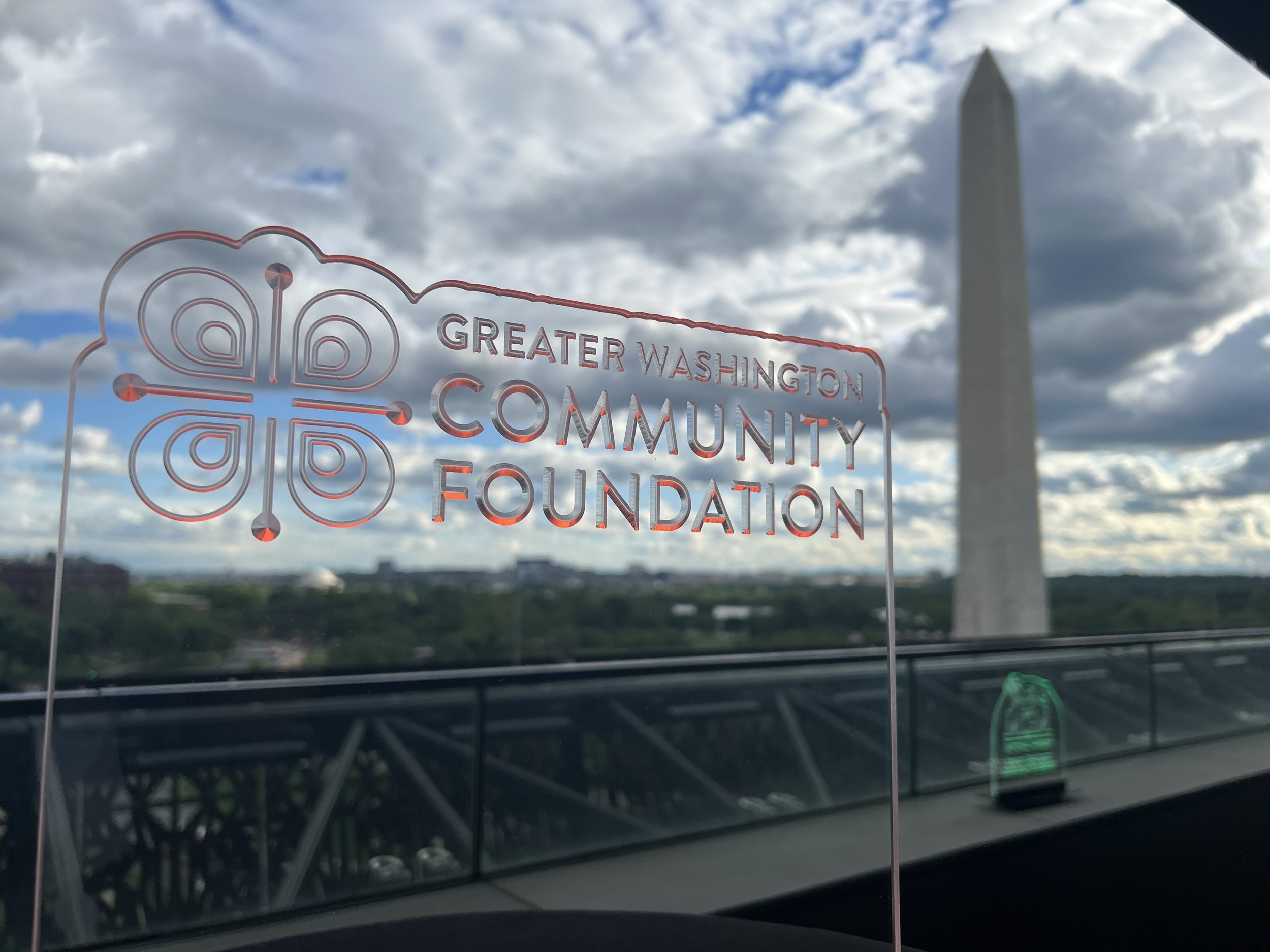
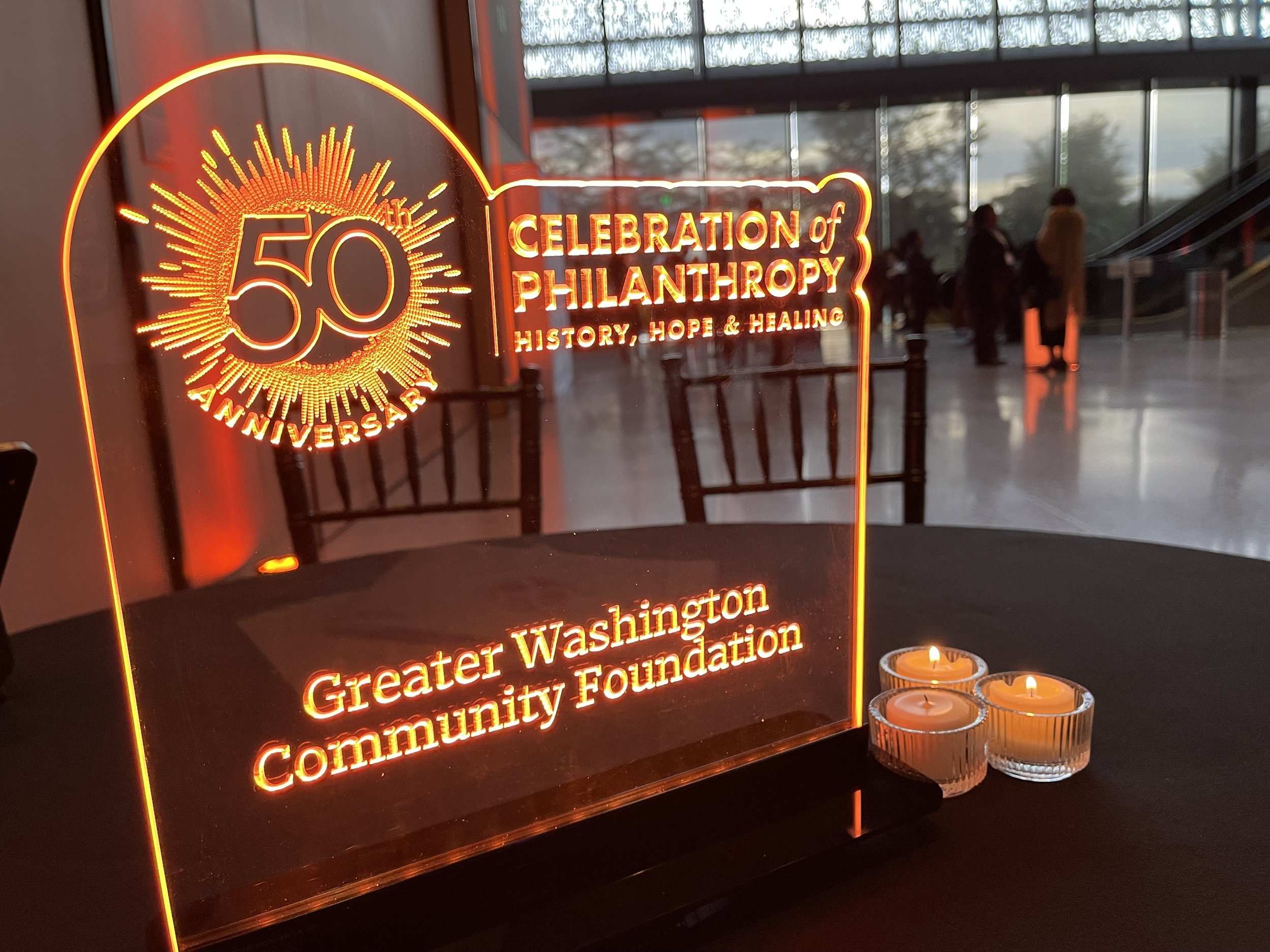
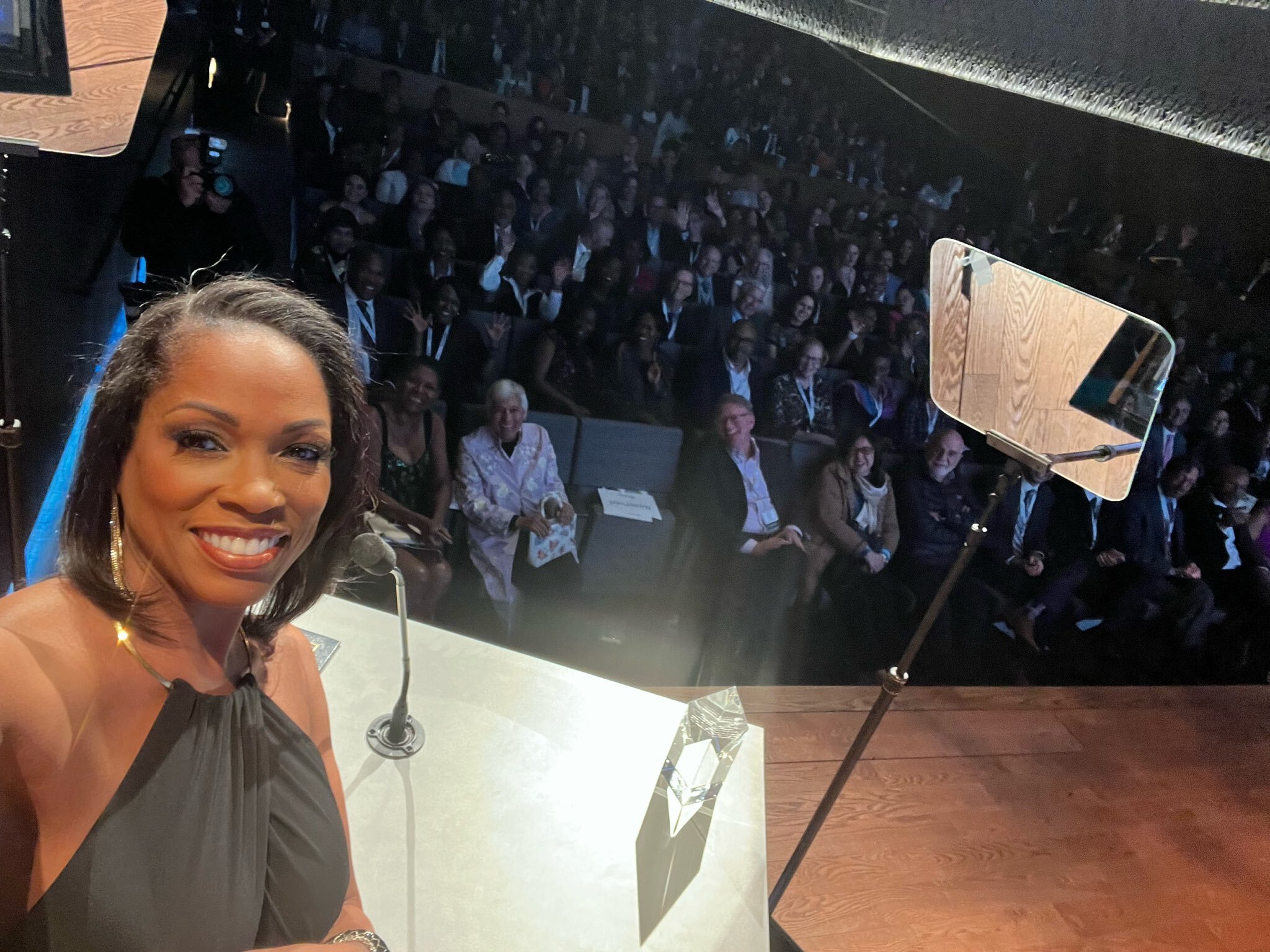
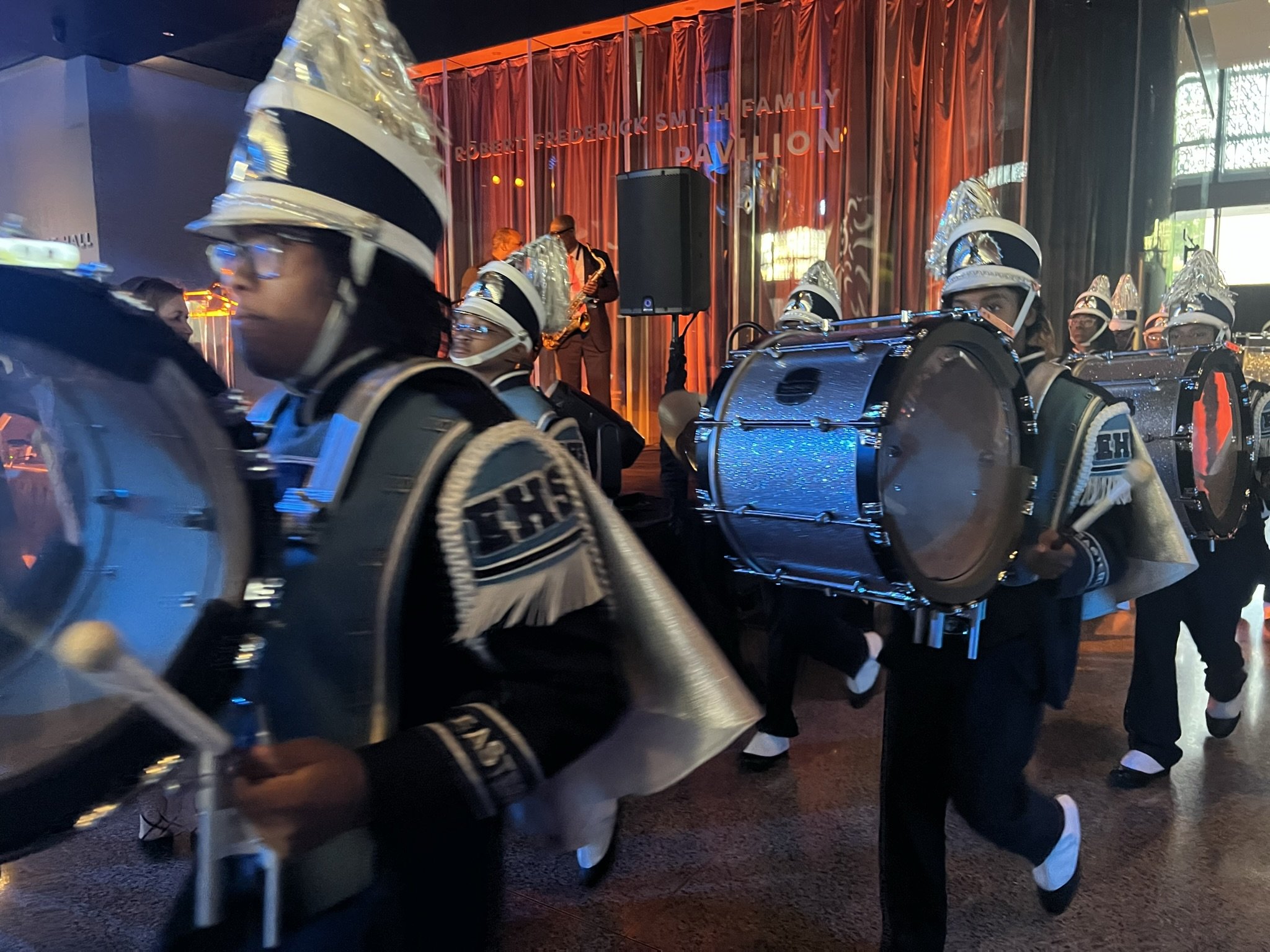
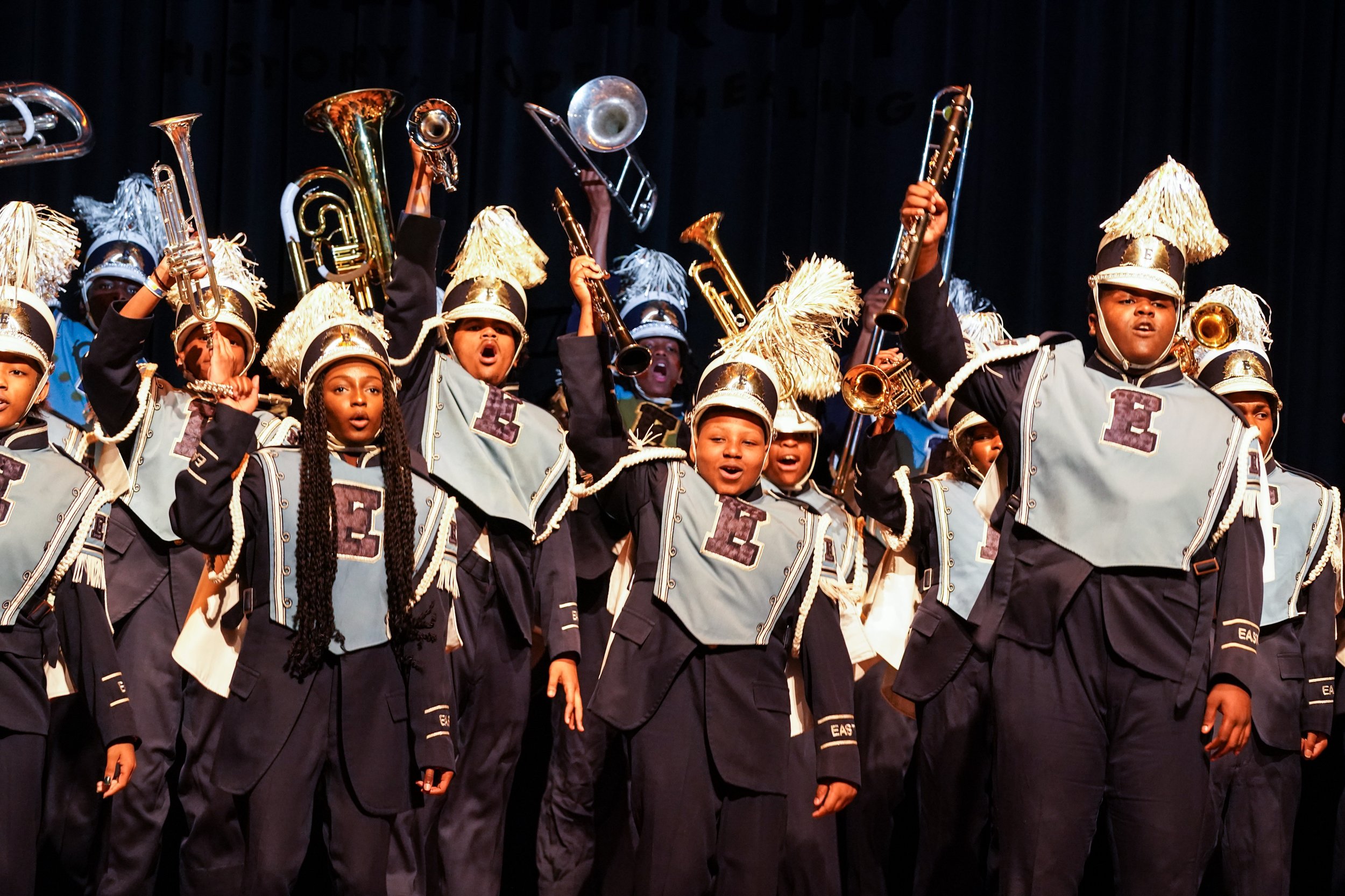
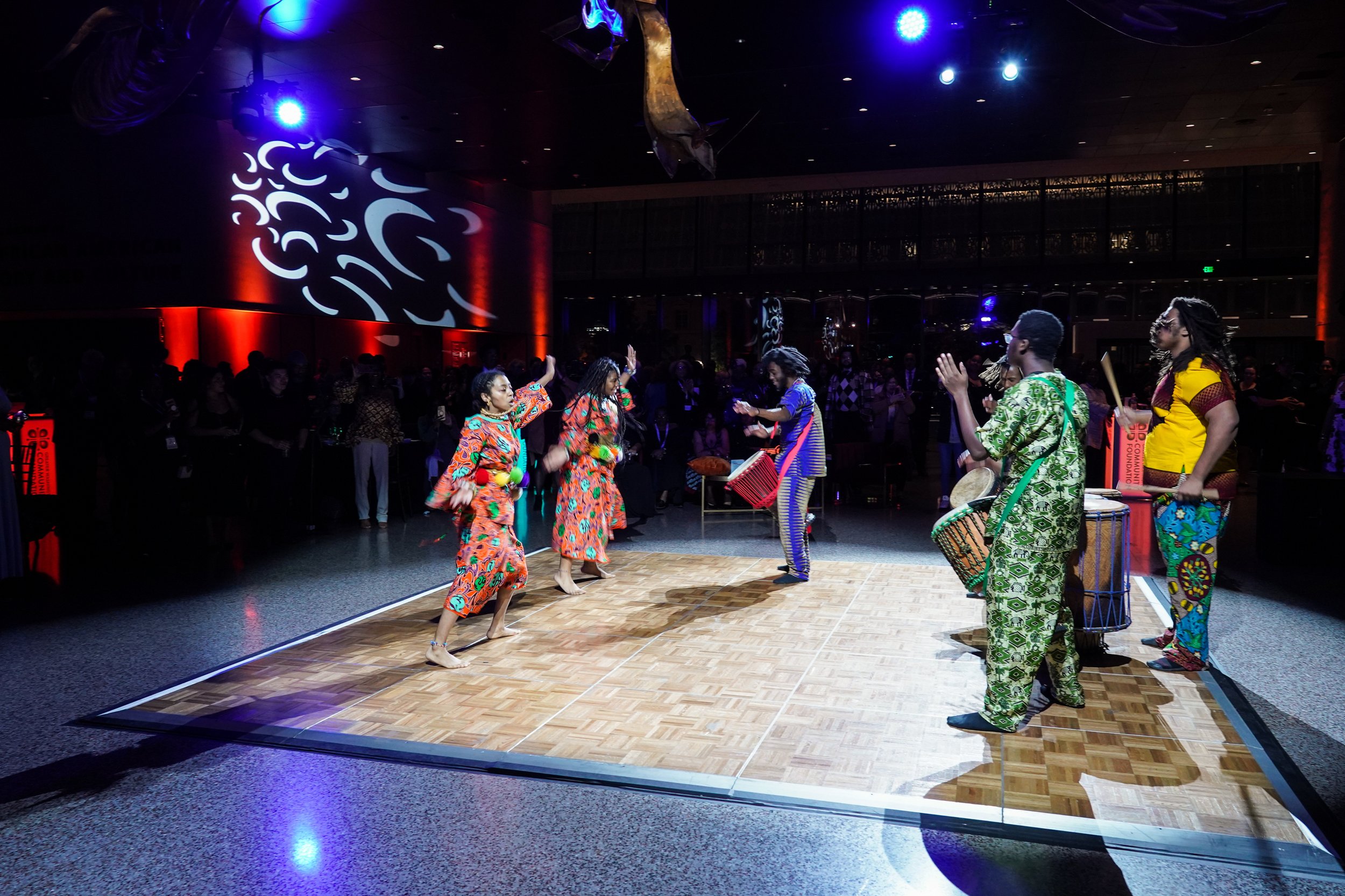
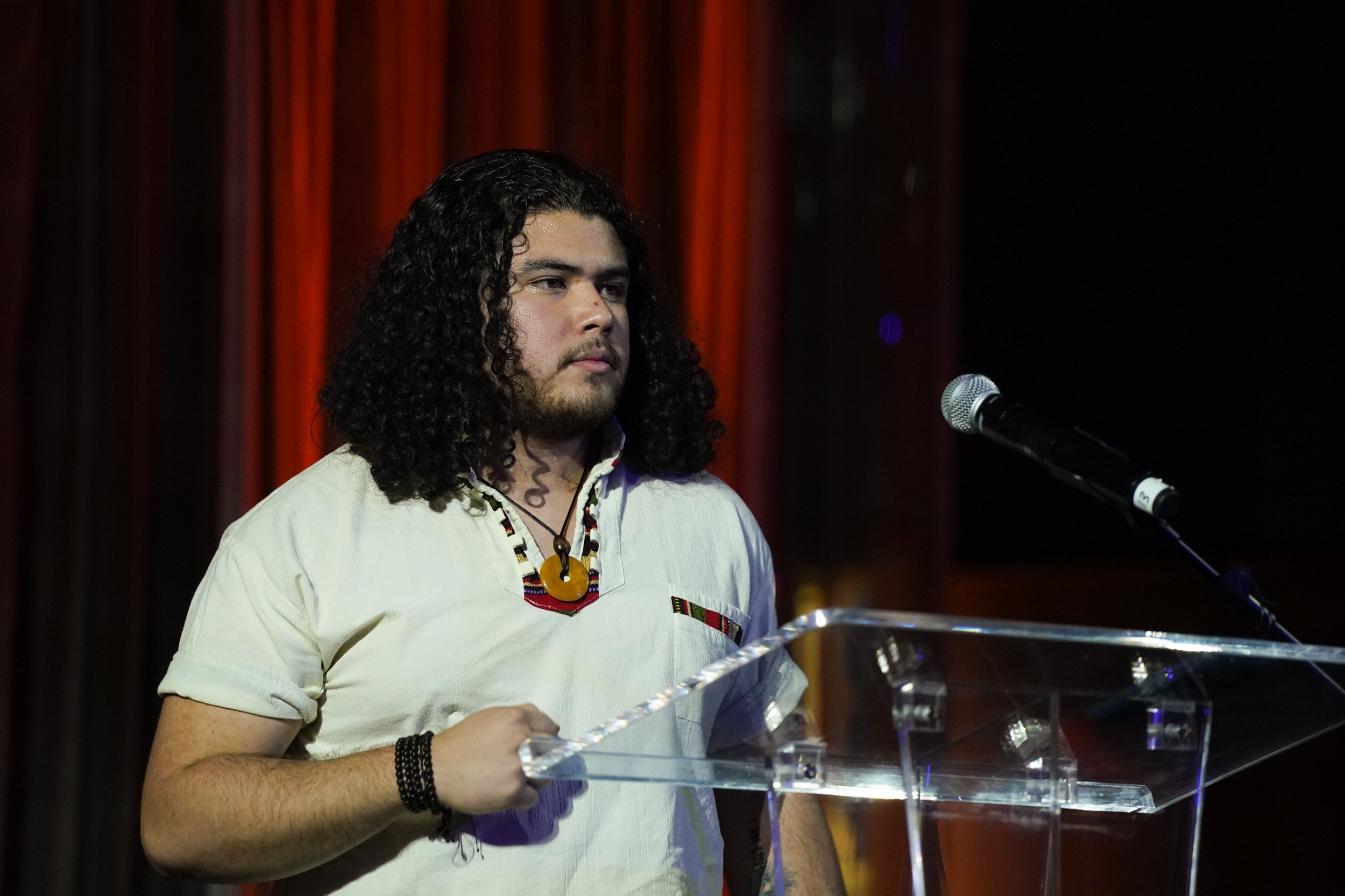
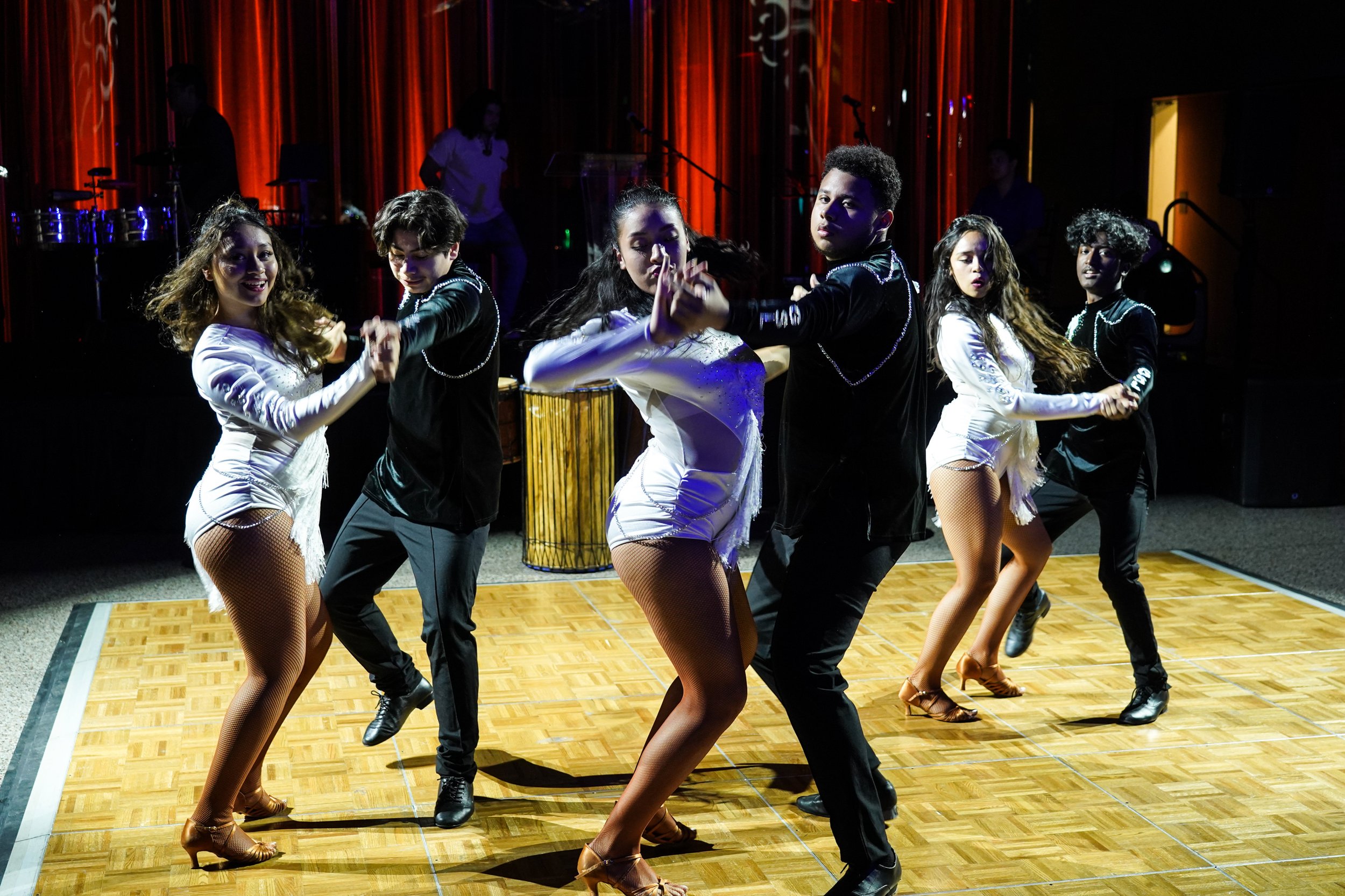
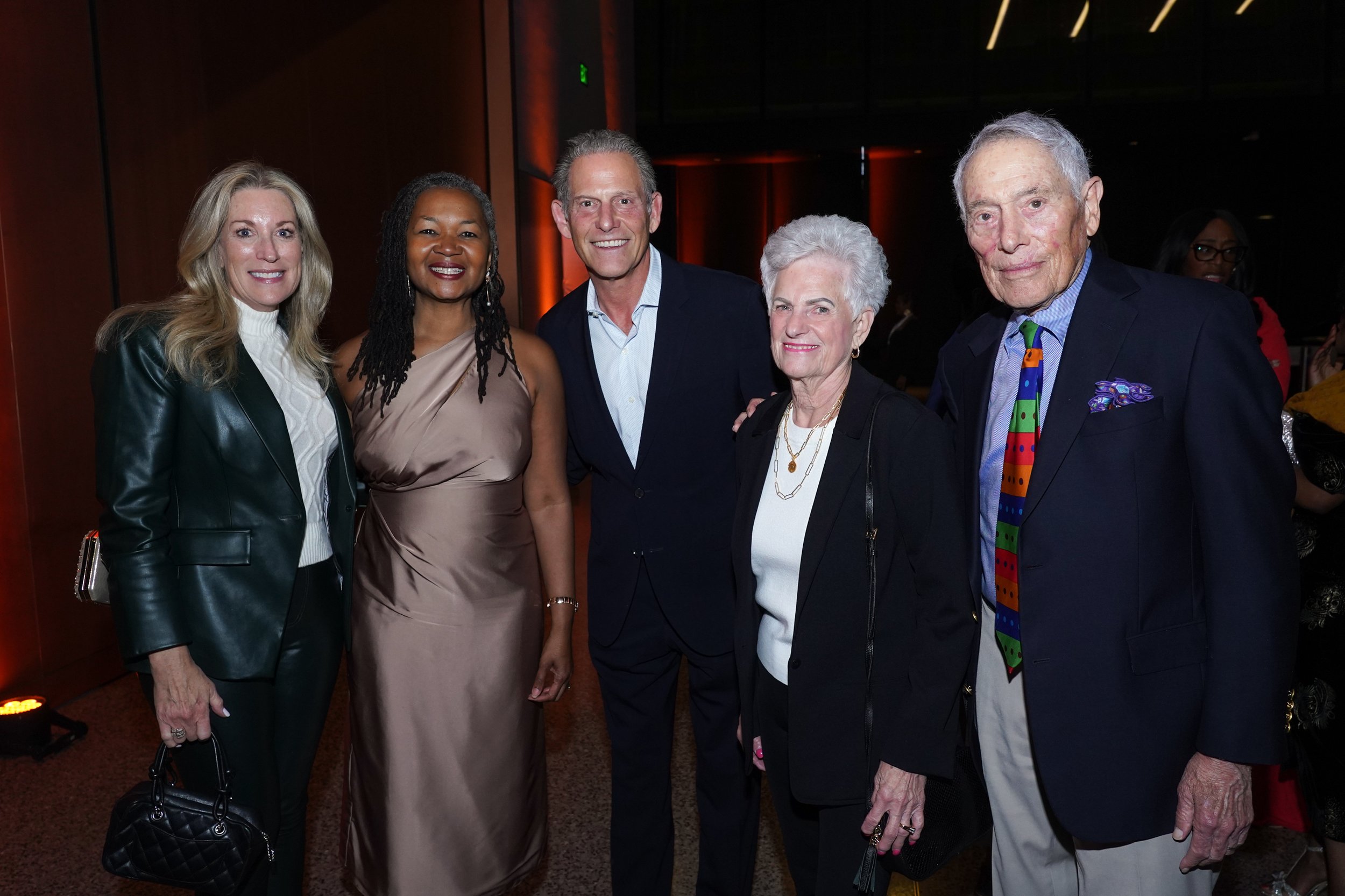
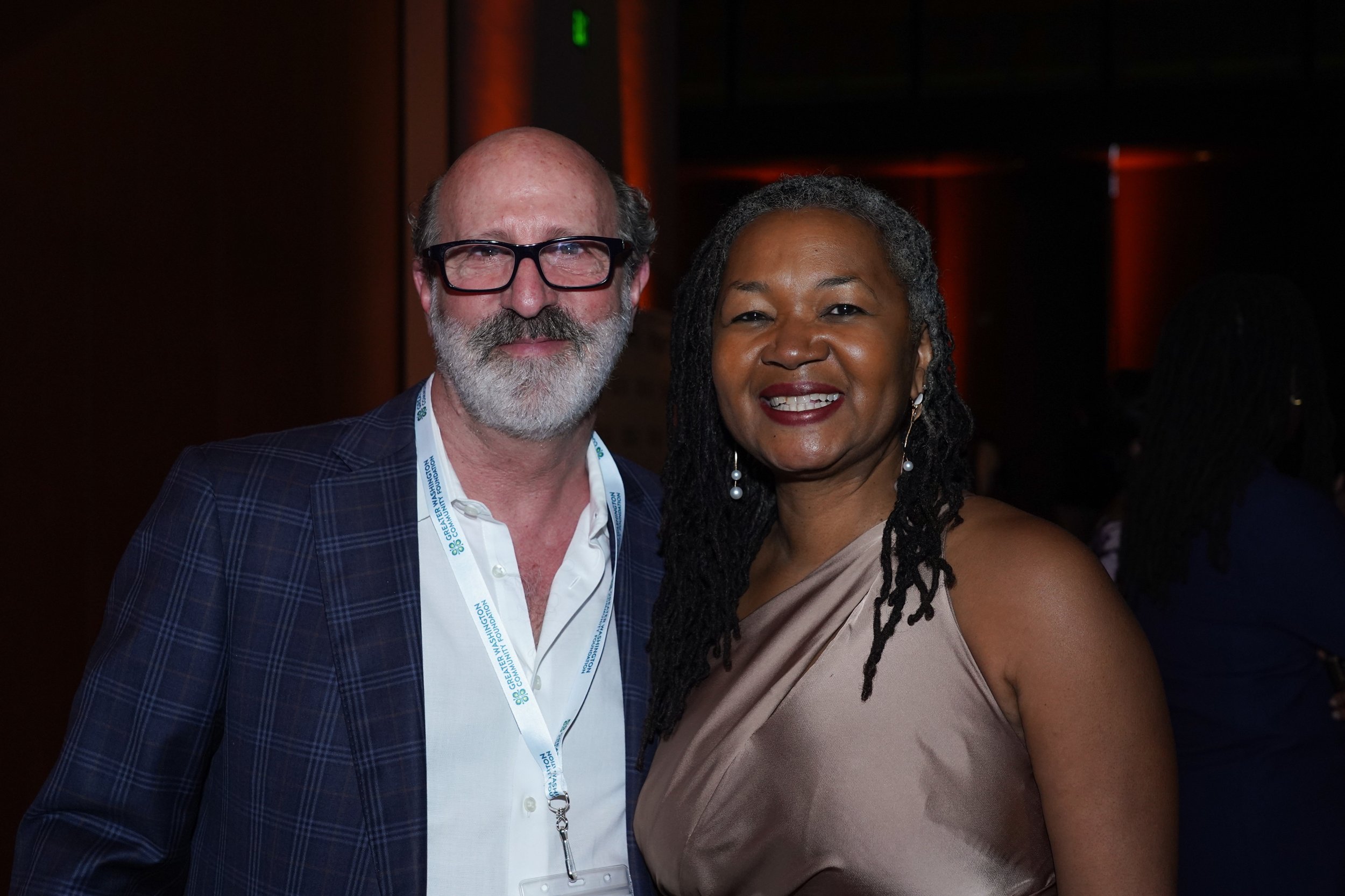
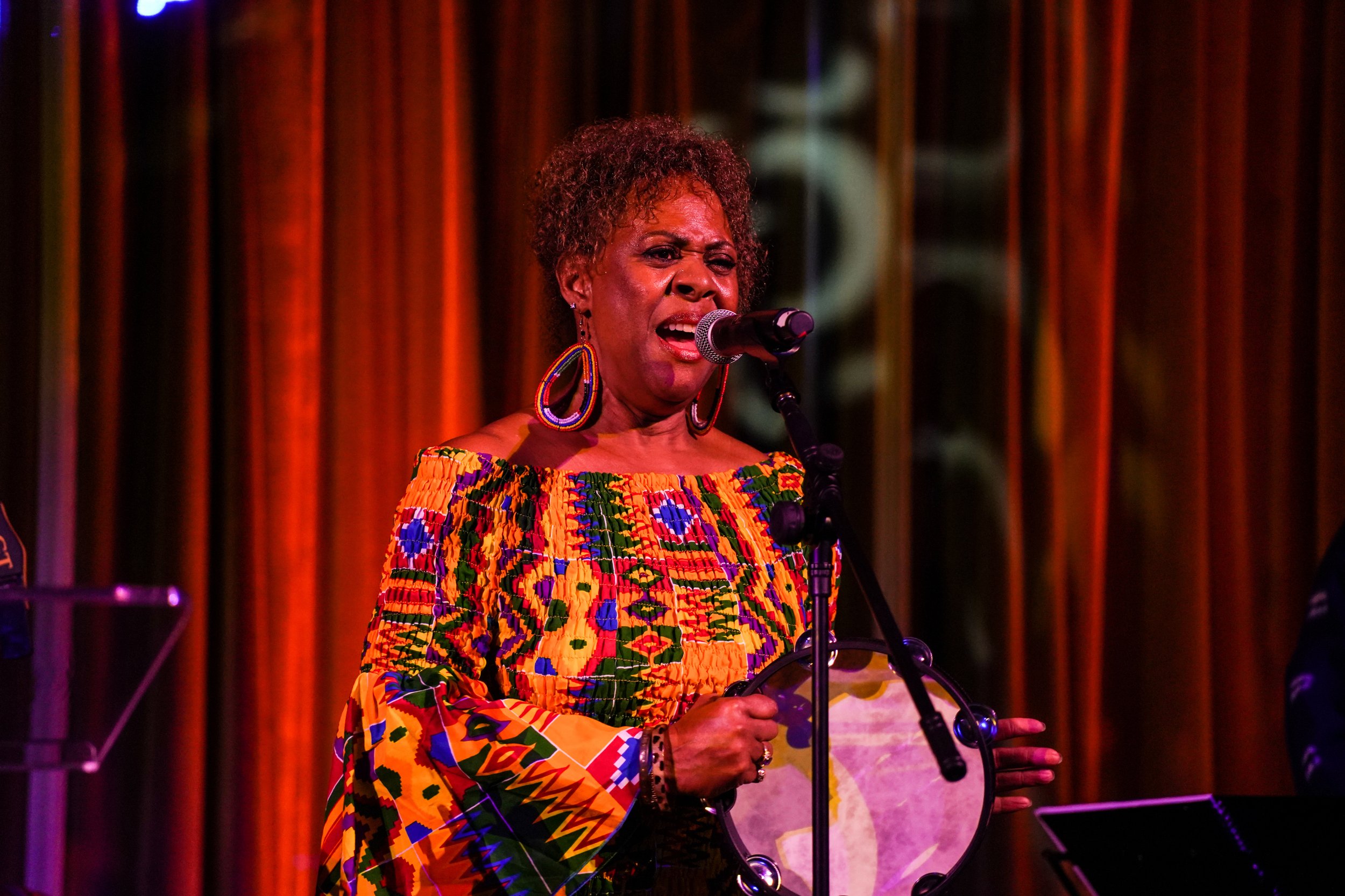
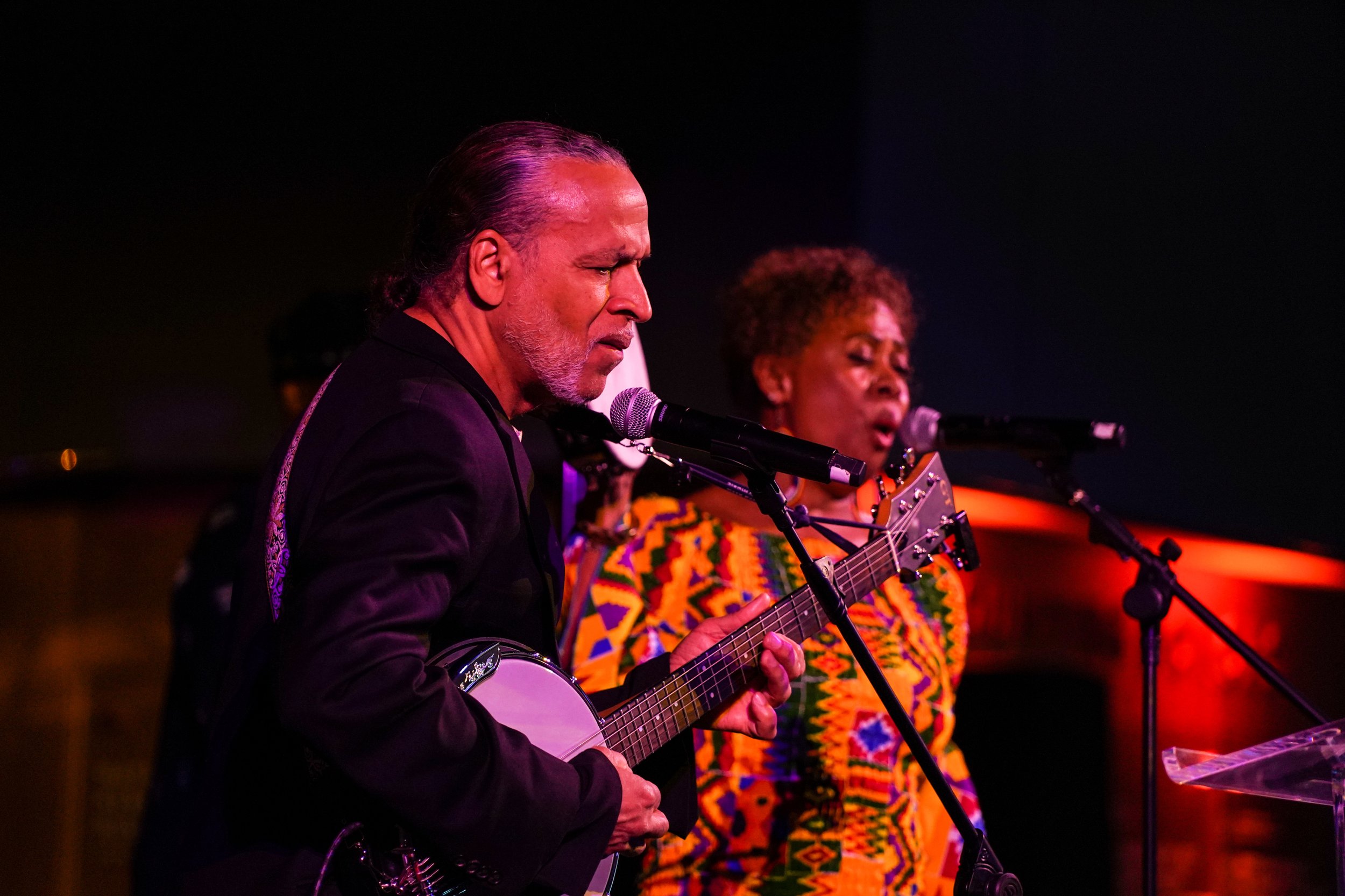

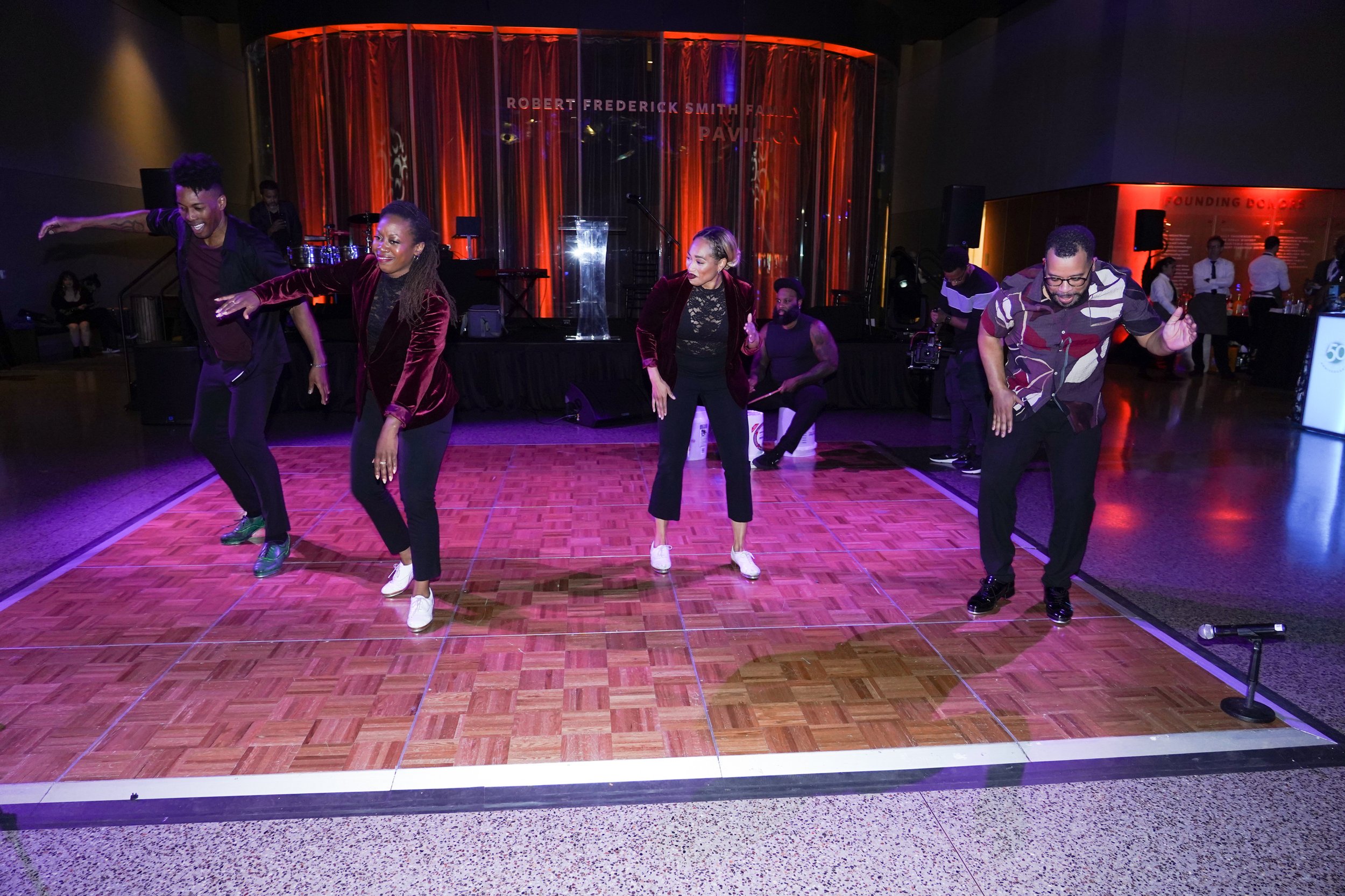
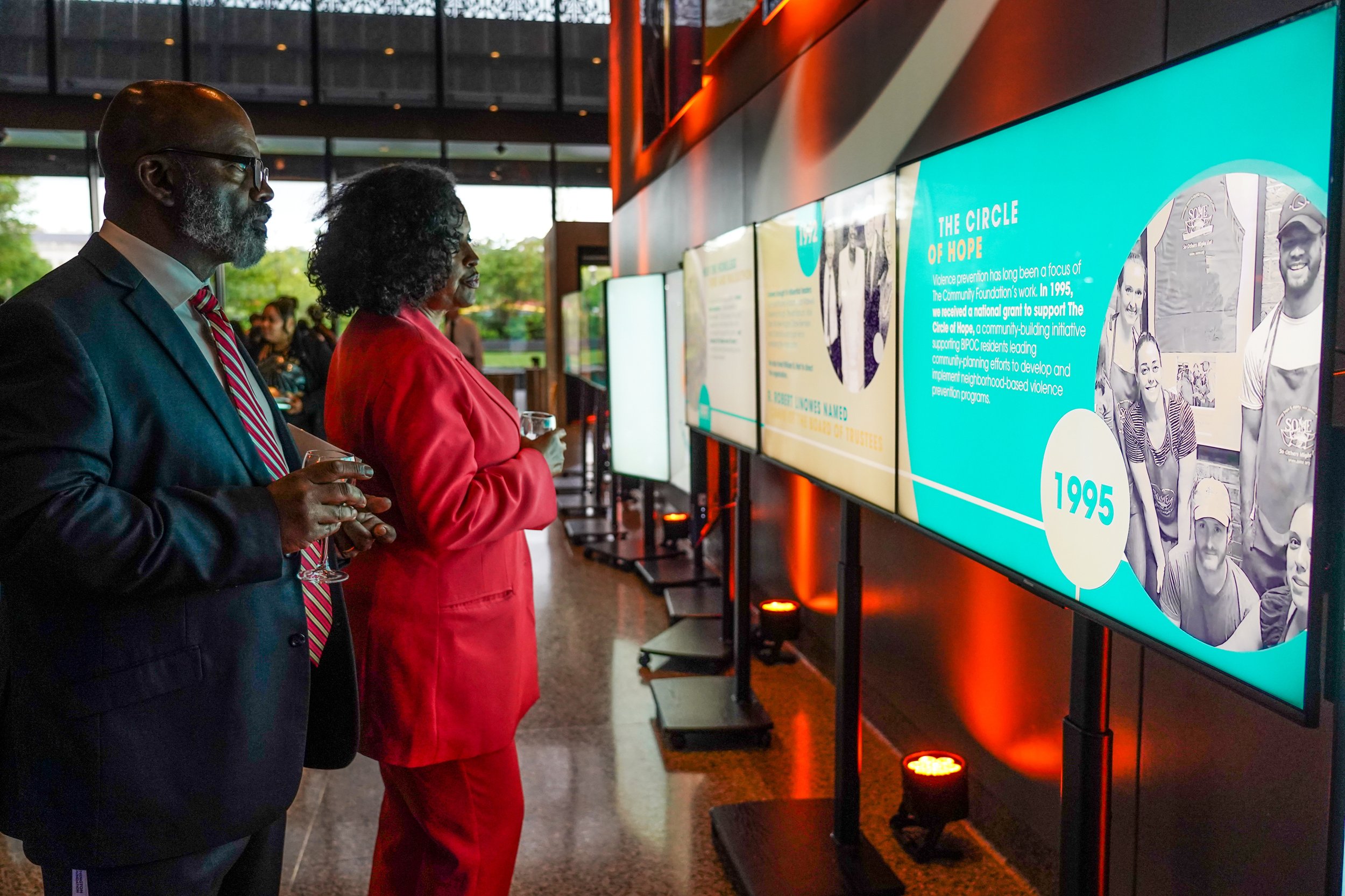
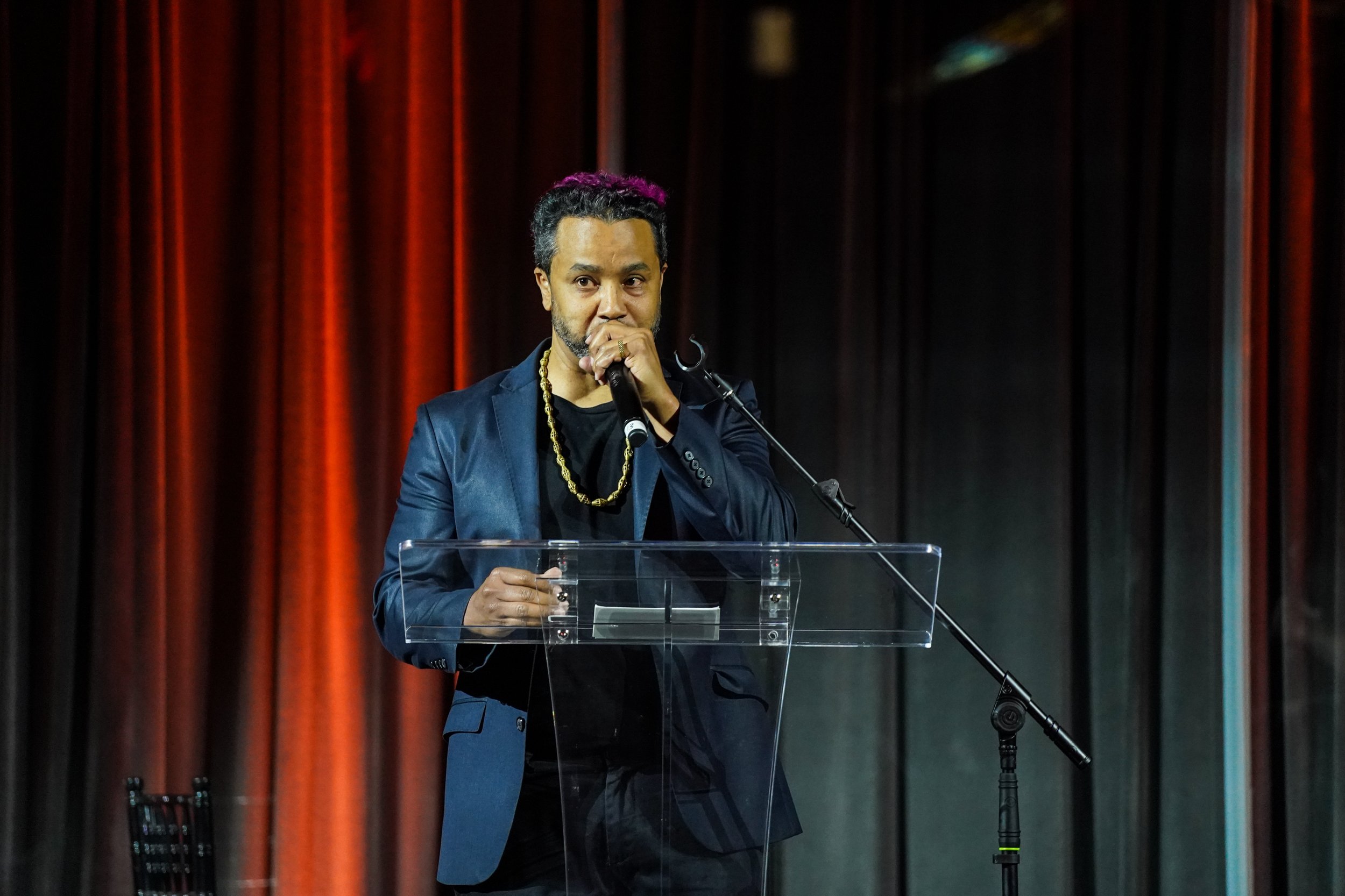
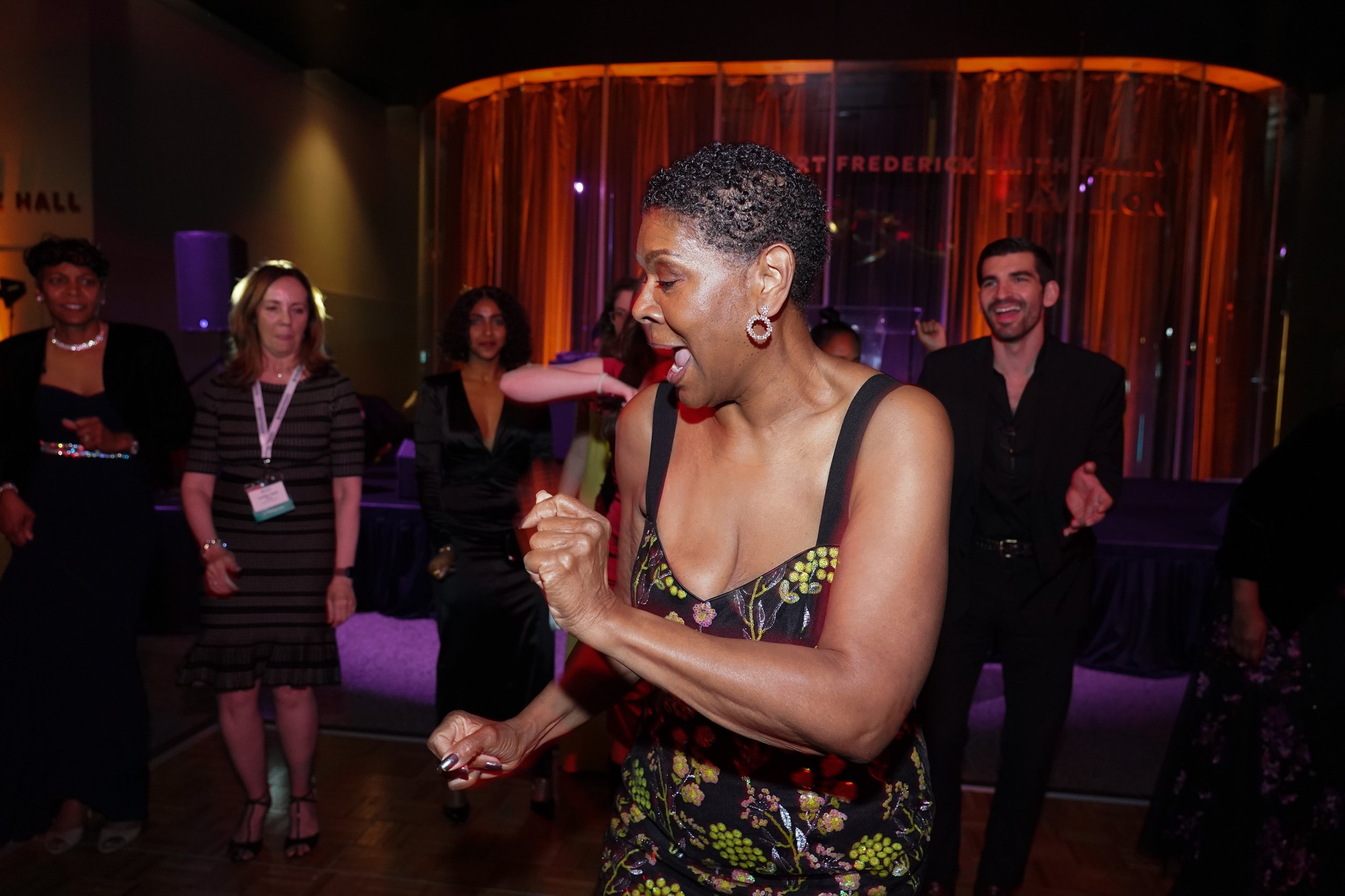
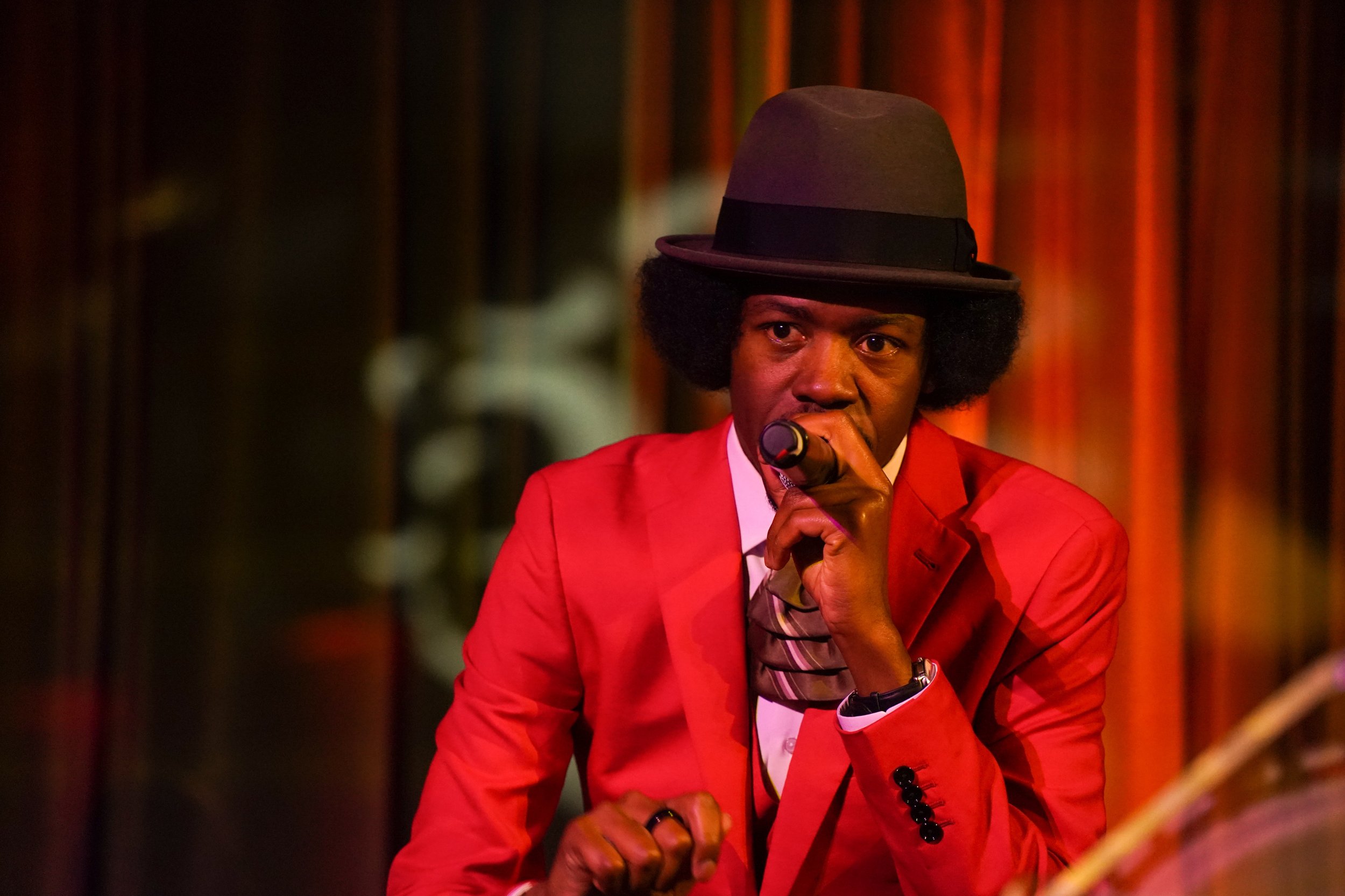
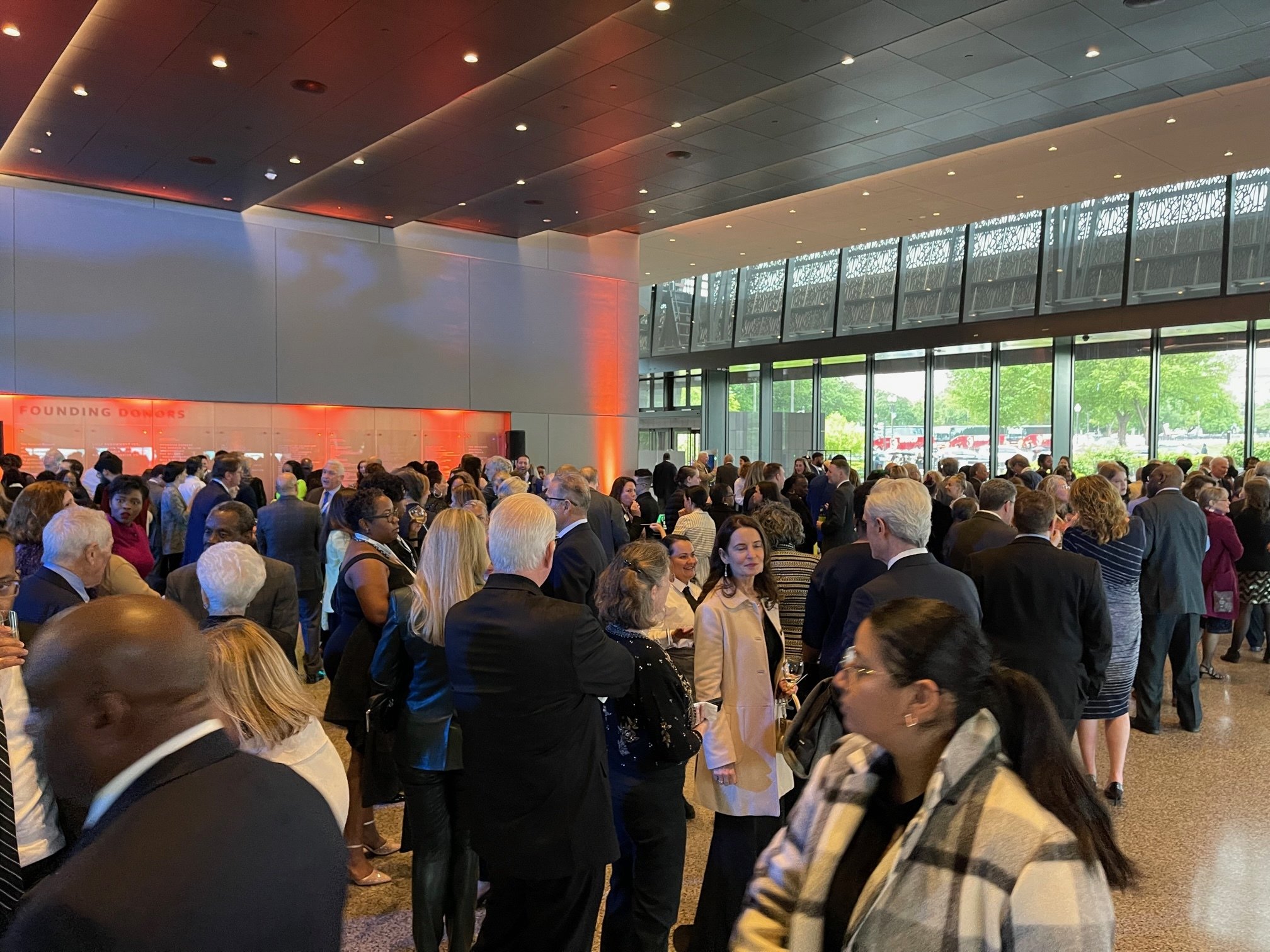
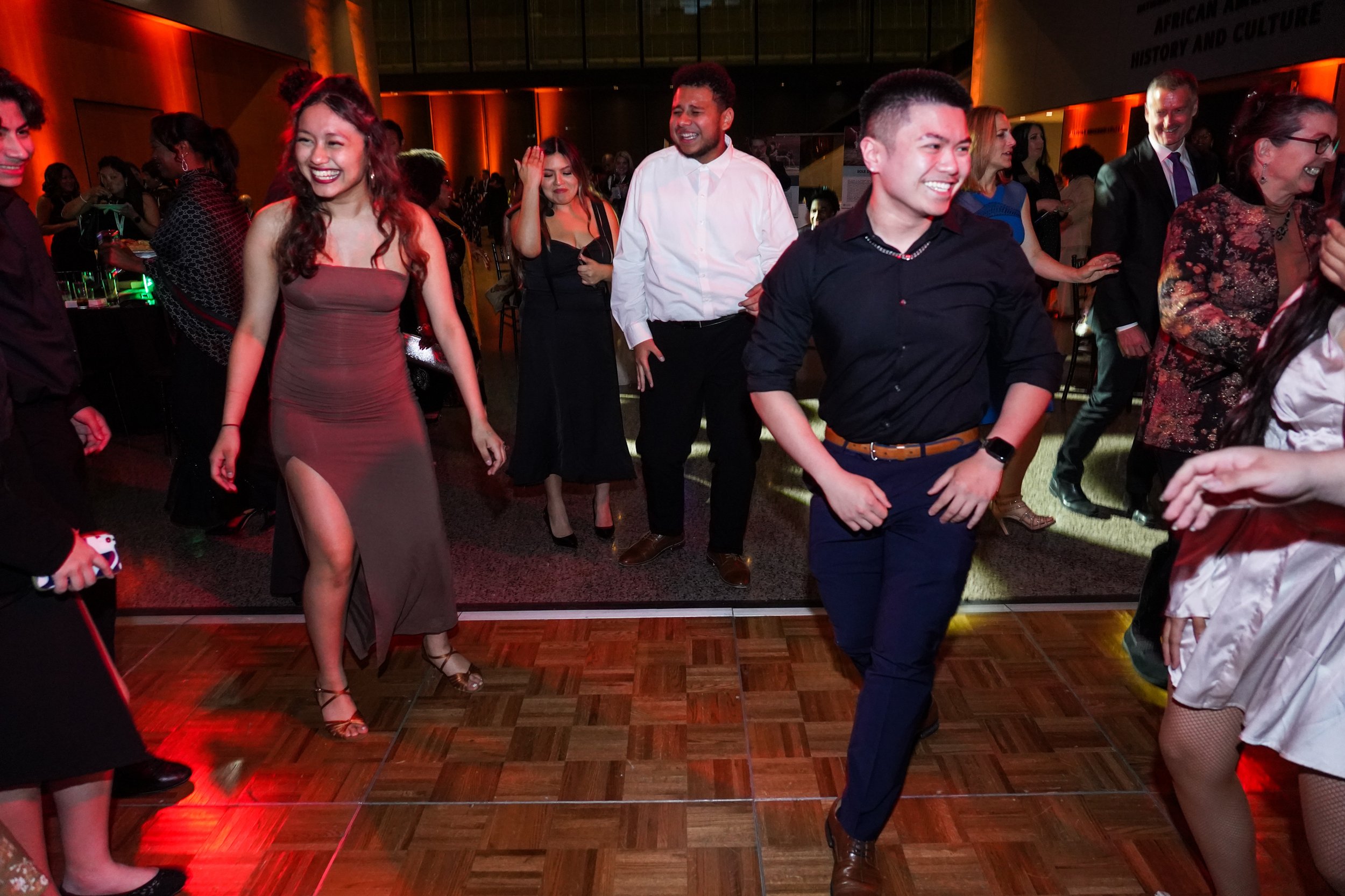
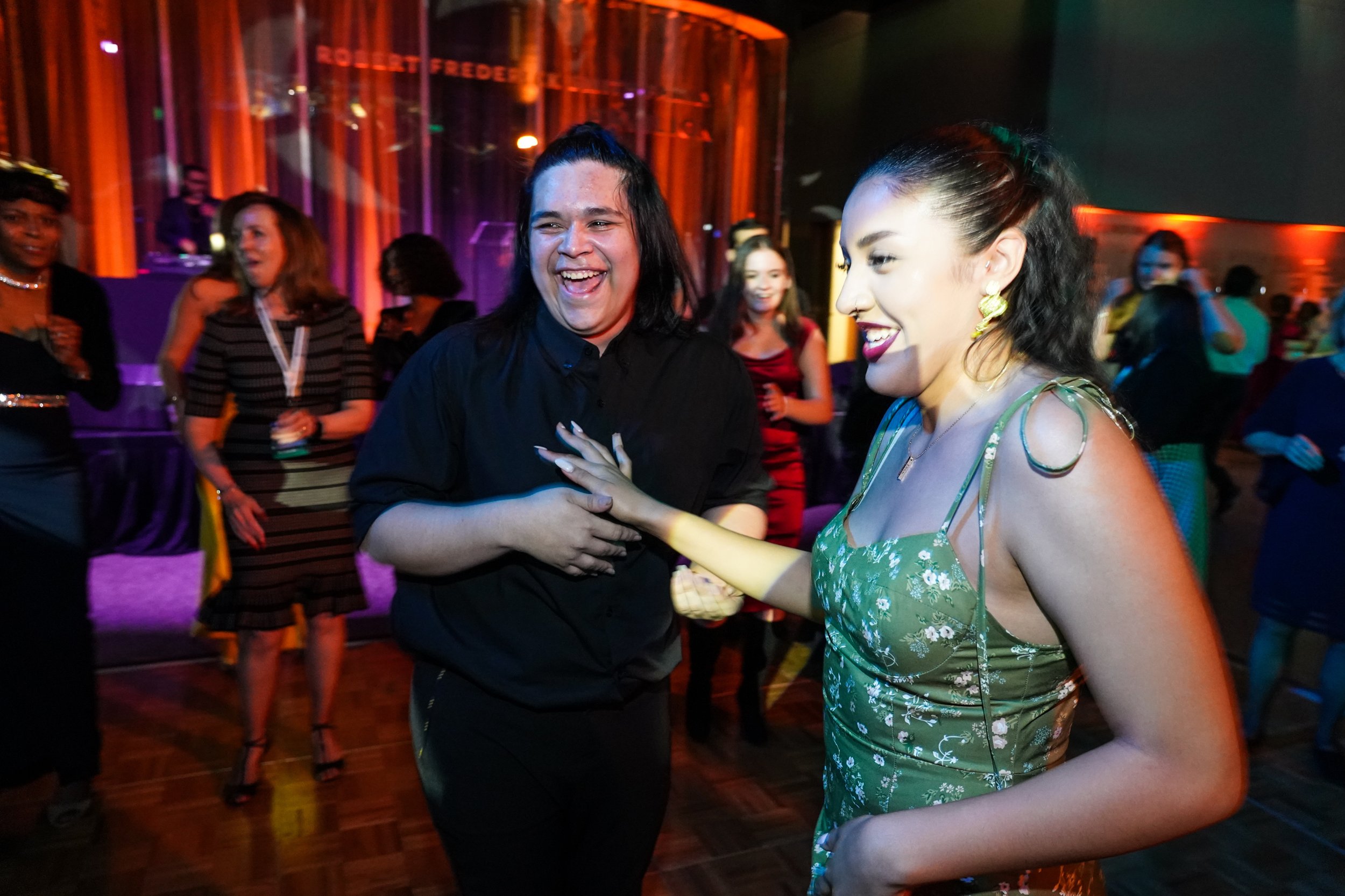
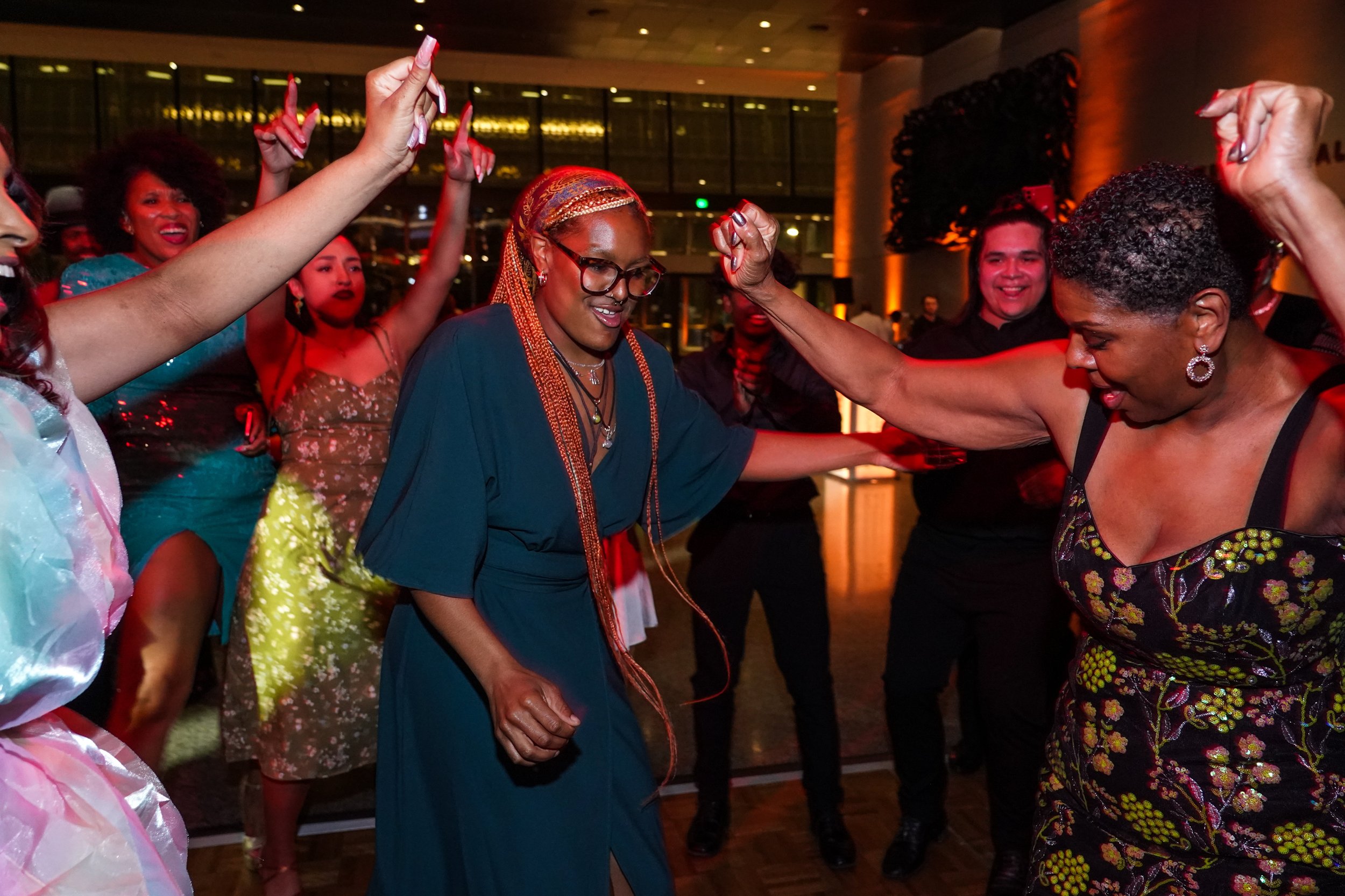
Following the fireside chat, guests enjoyed an evening of food, fun, dance and entertainment provided by artists and nonprofit partners from across the region.
A special thank you to Eastern Senior High School, Levine Music, Baila4Life, Sole Defined, Metrostage, Christylez Bacon, and DJ Face for sharing their time and talents with us. It was truly an unforgettable evening!
Click here for a complete recording of the Evening Program. Additional photos from the evening can also be found on our SmugMug Album.

